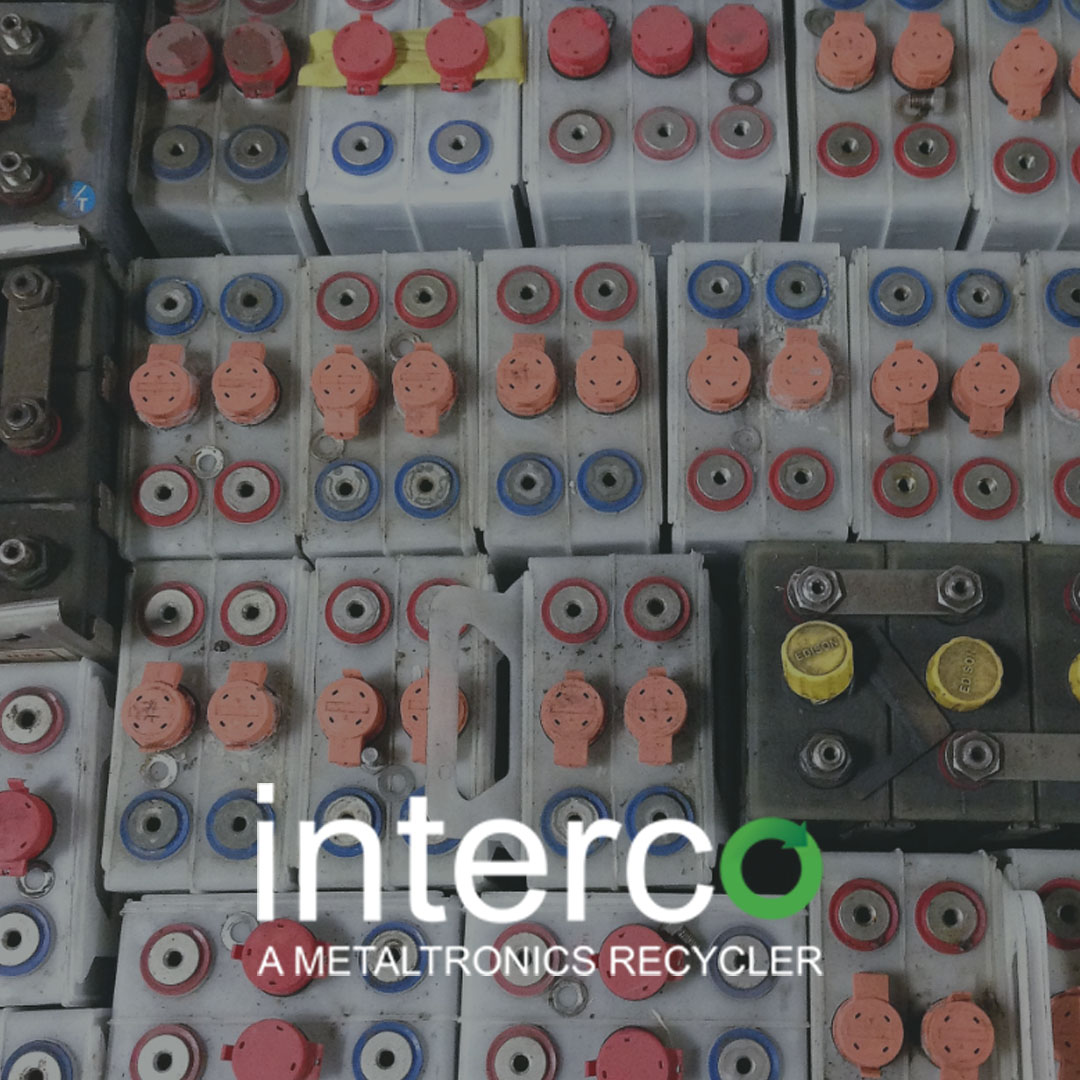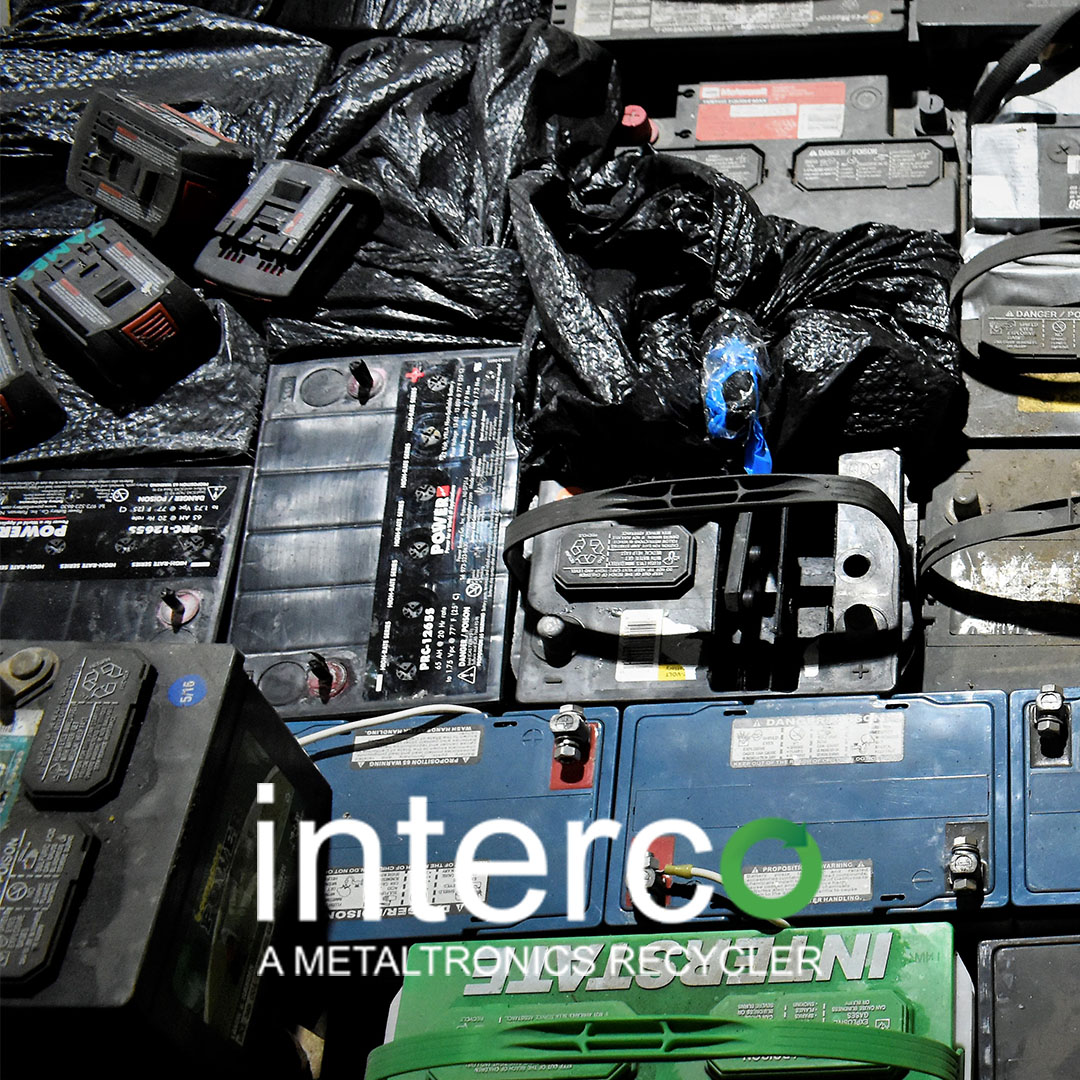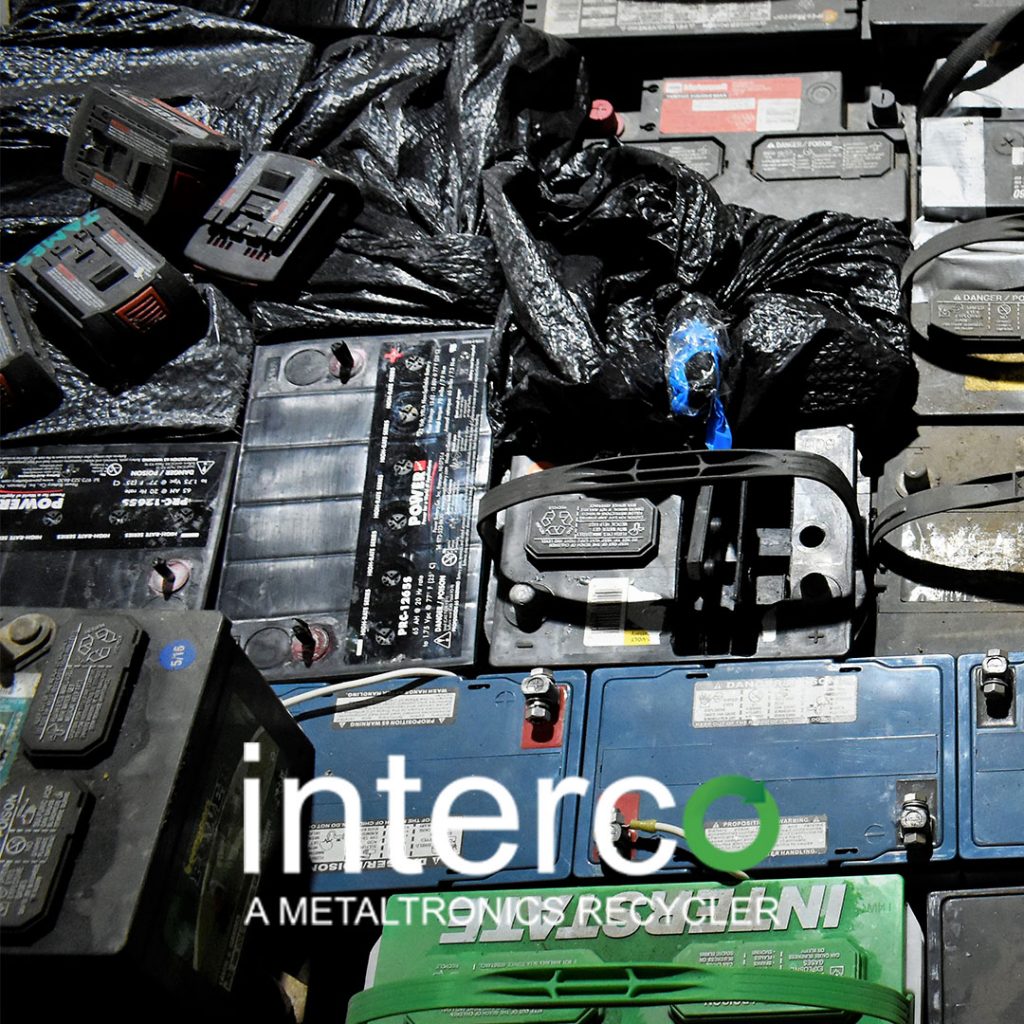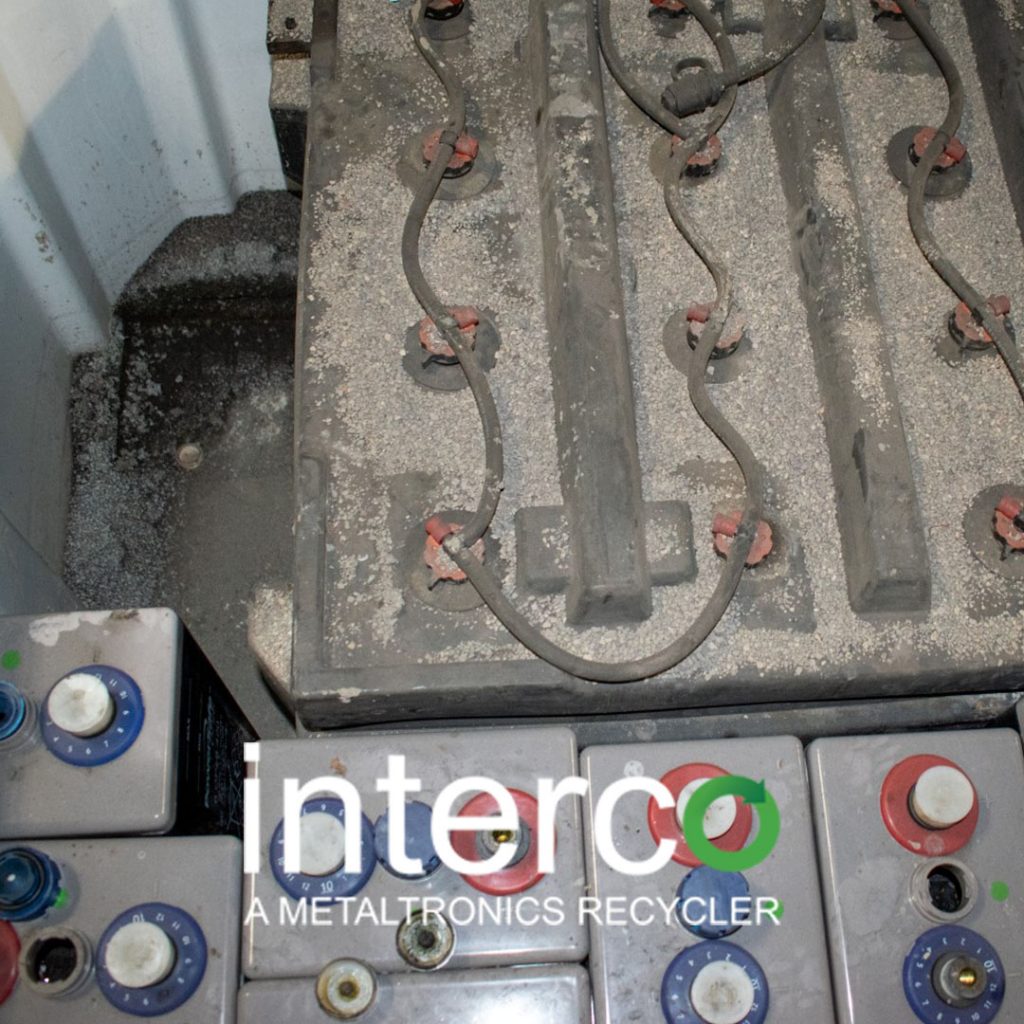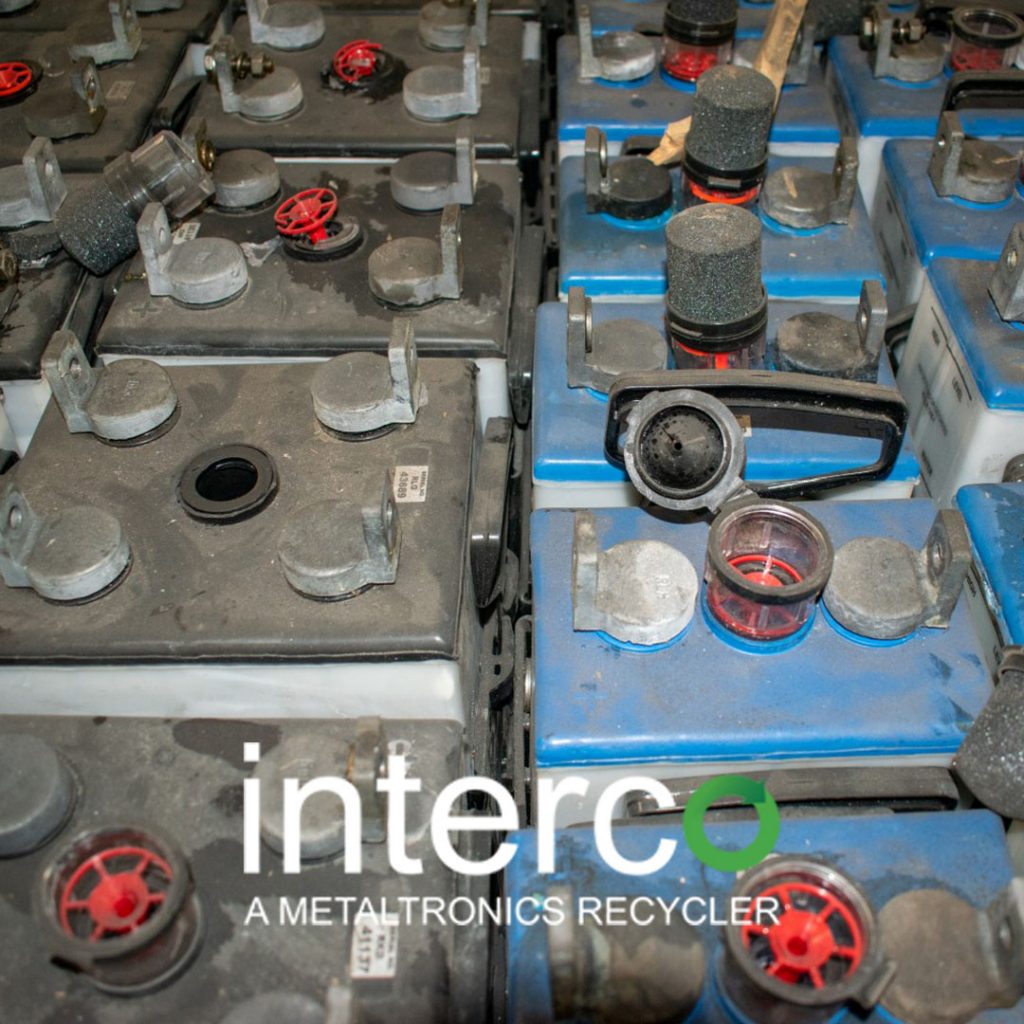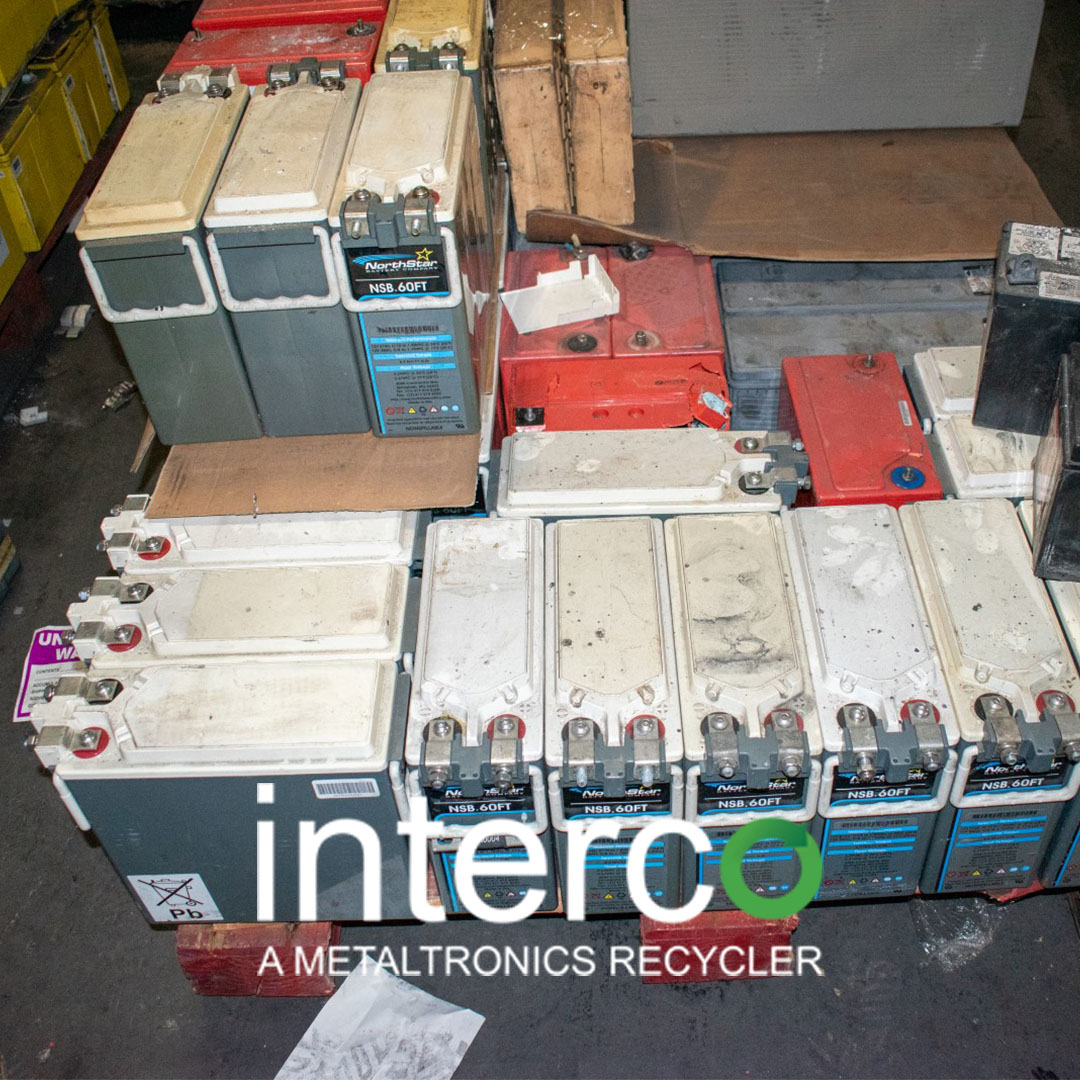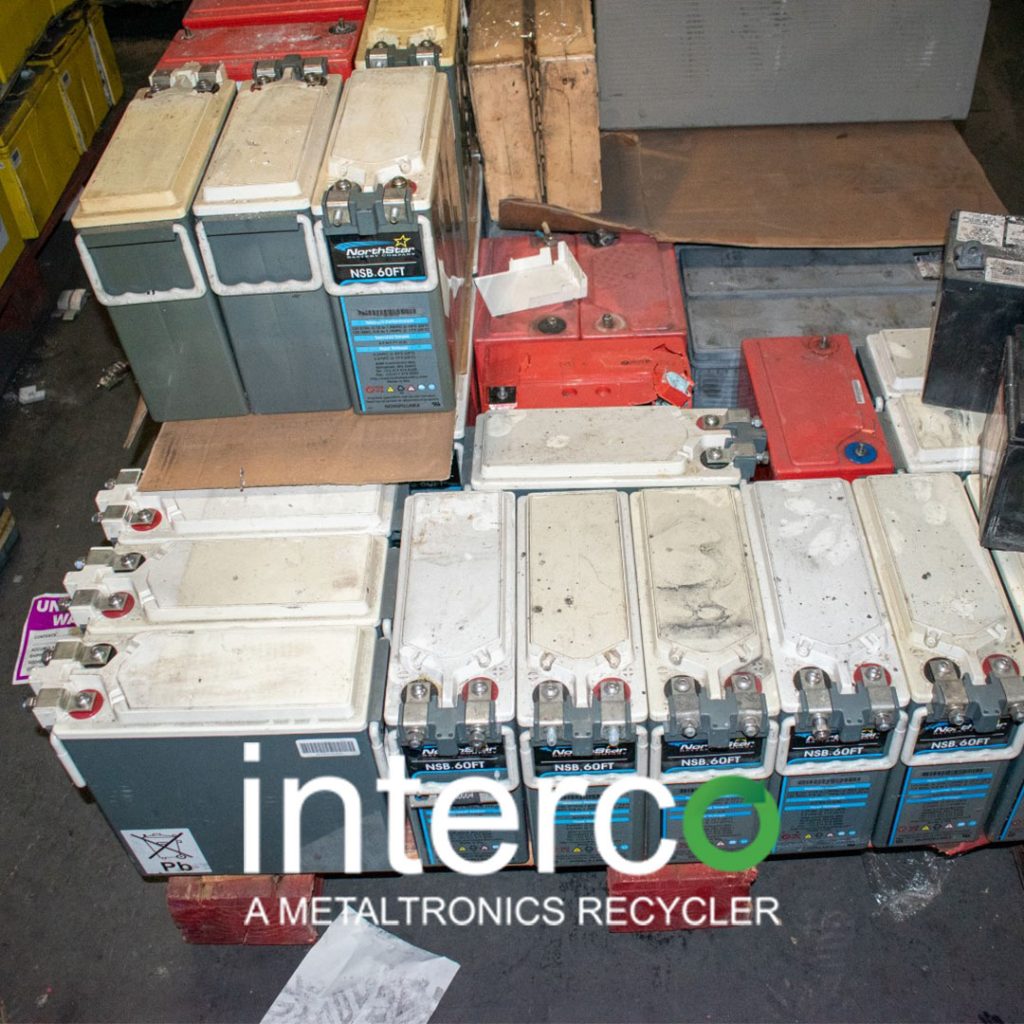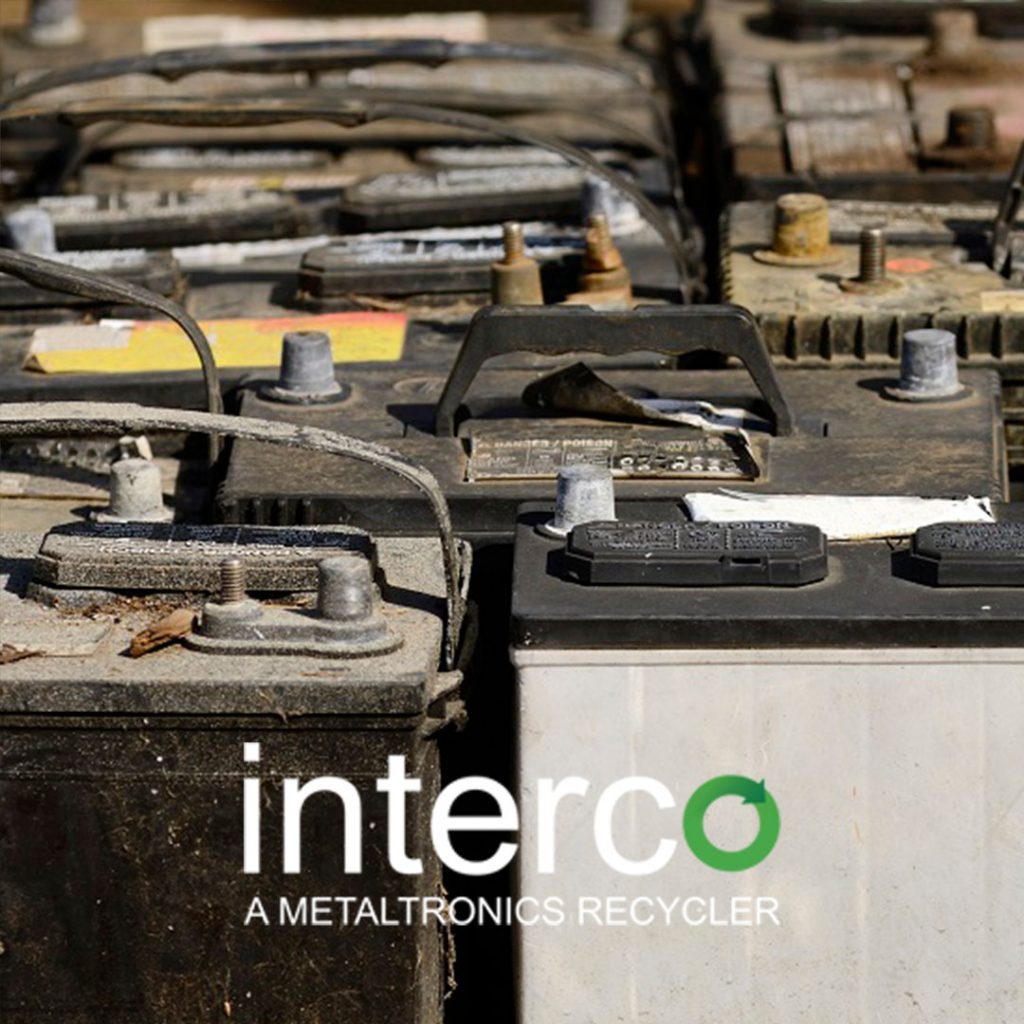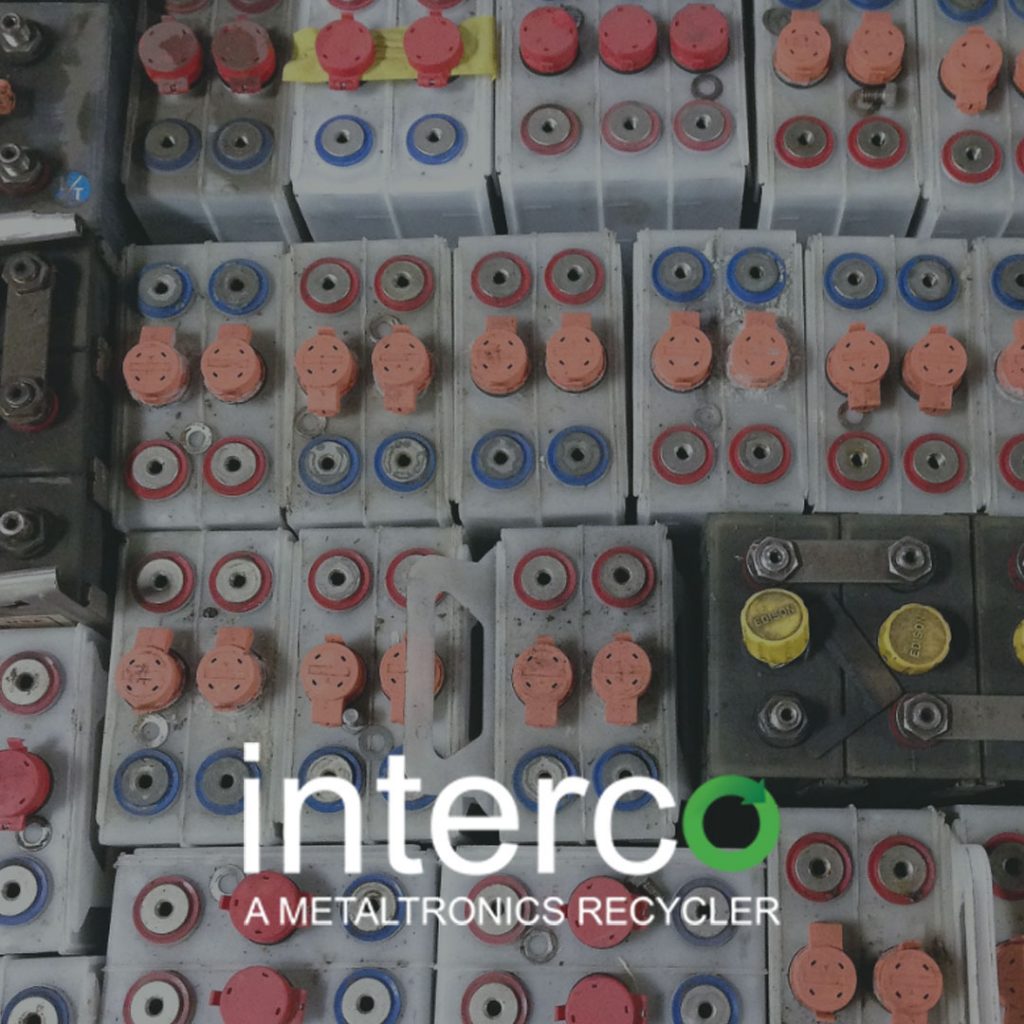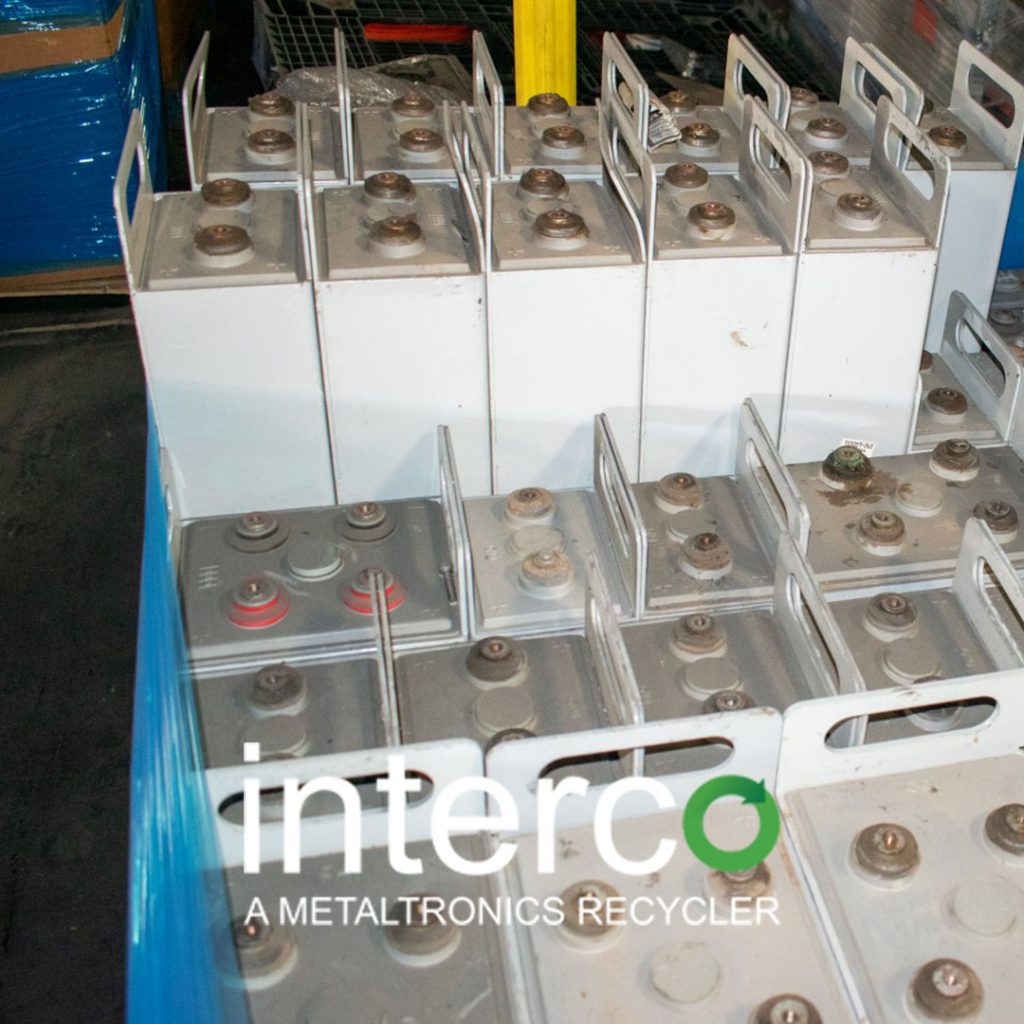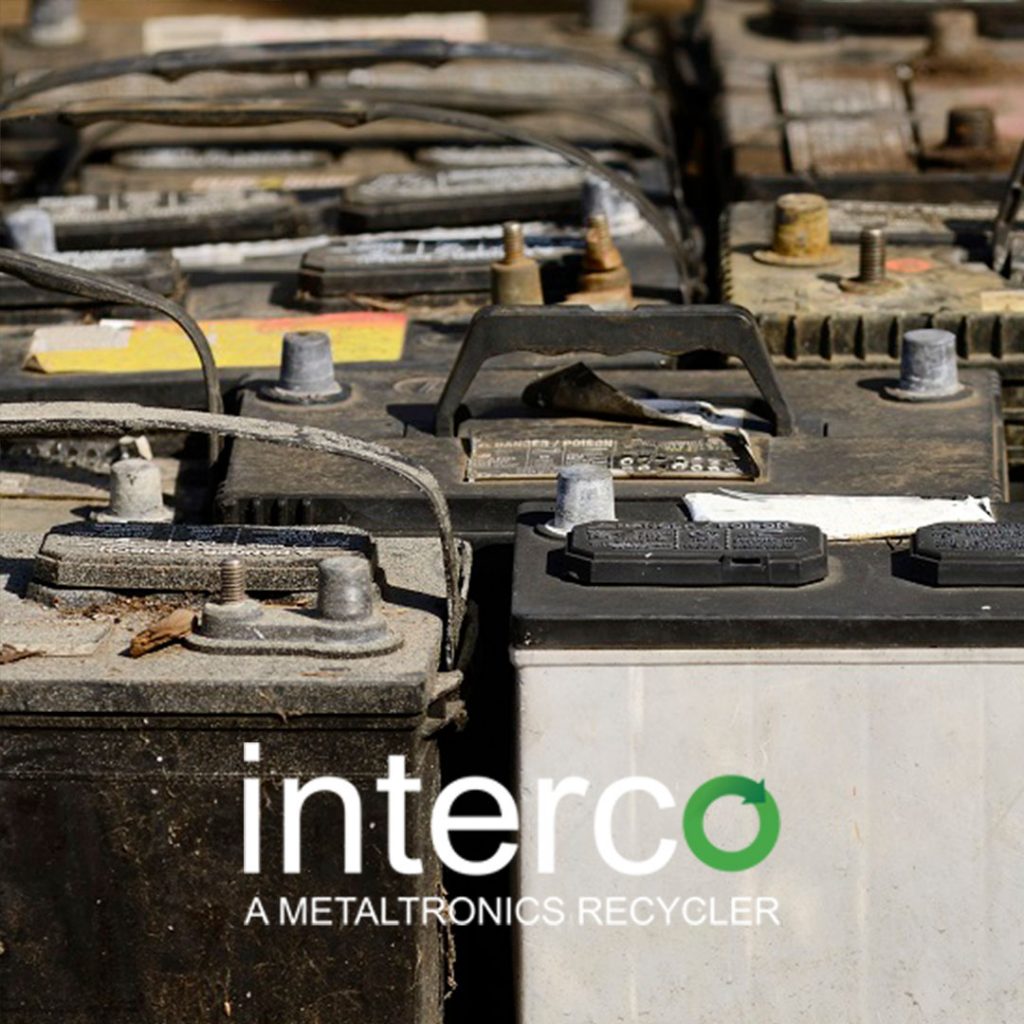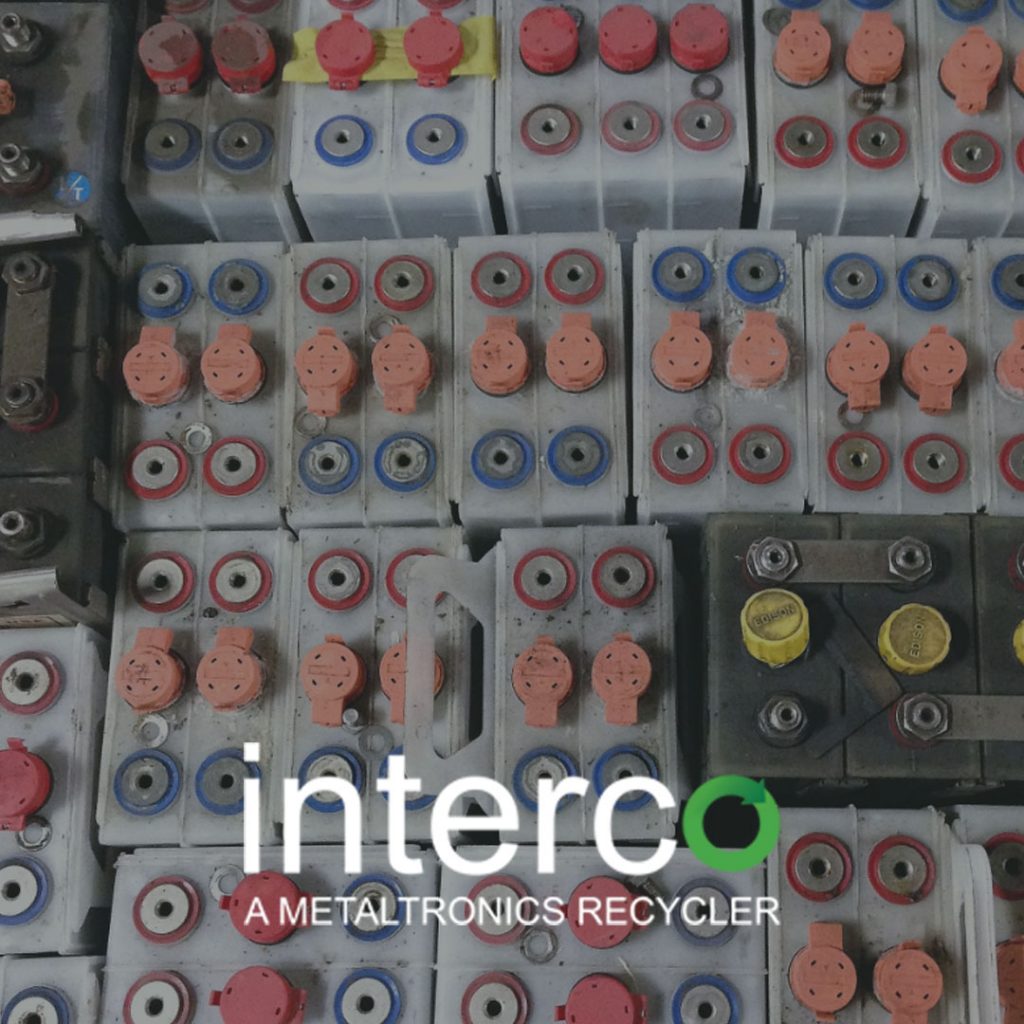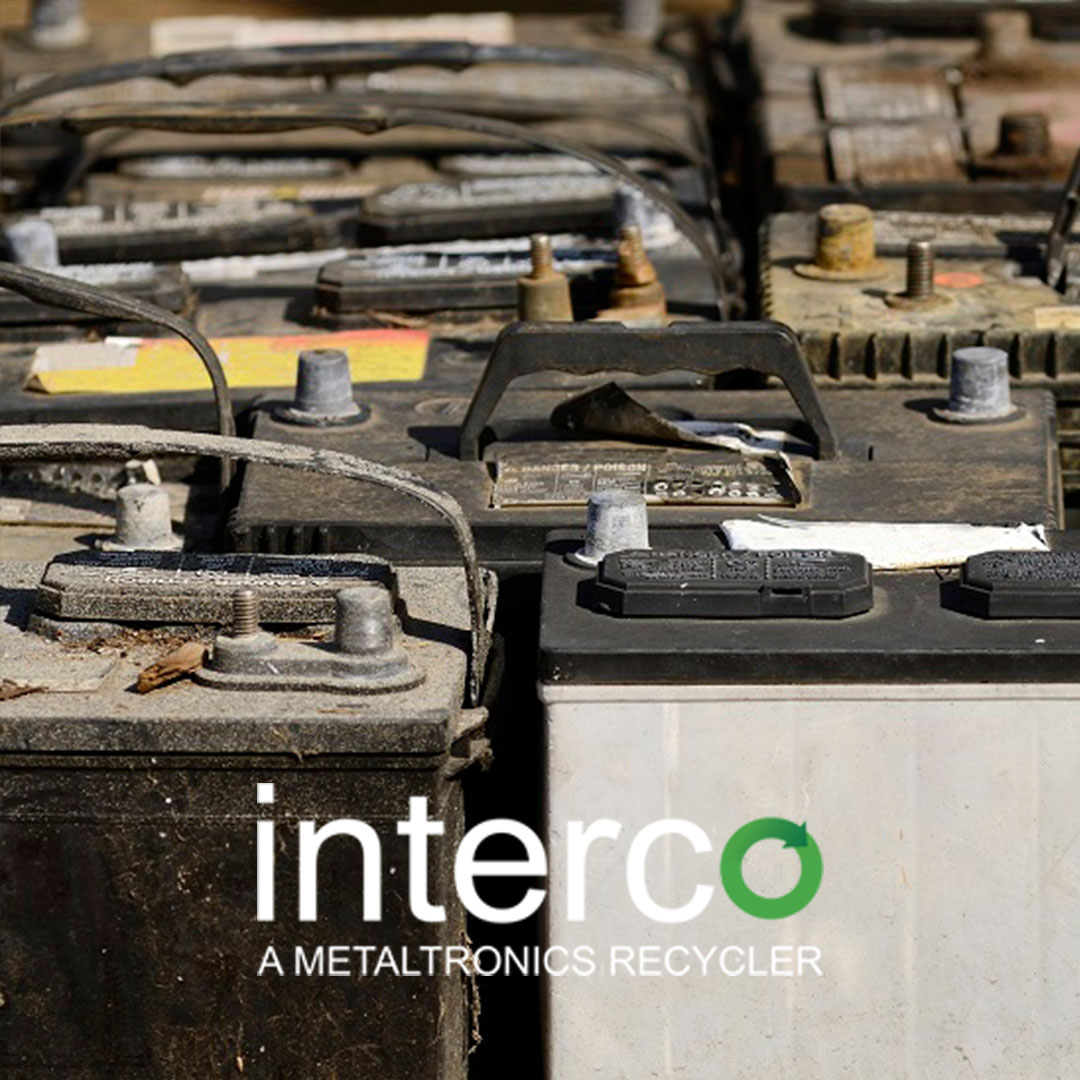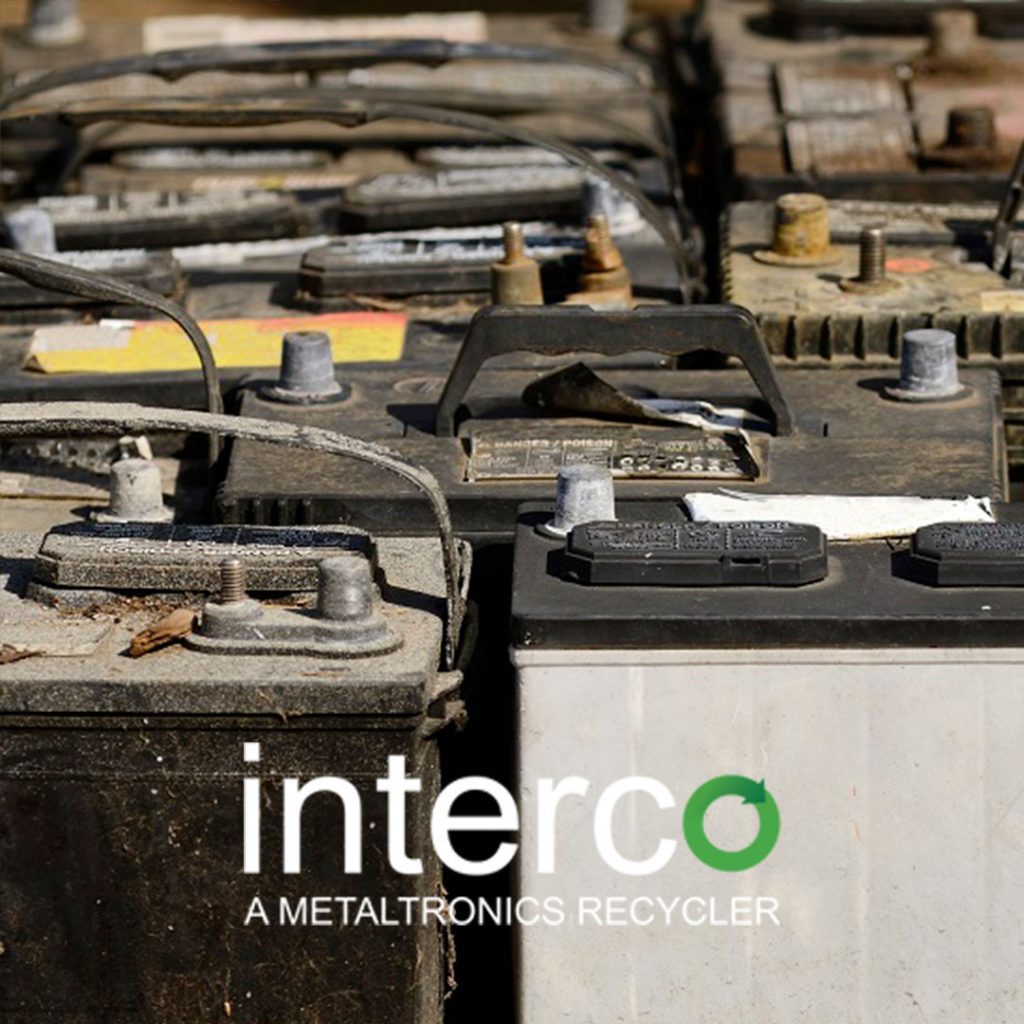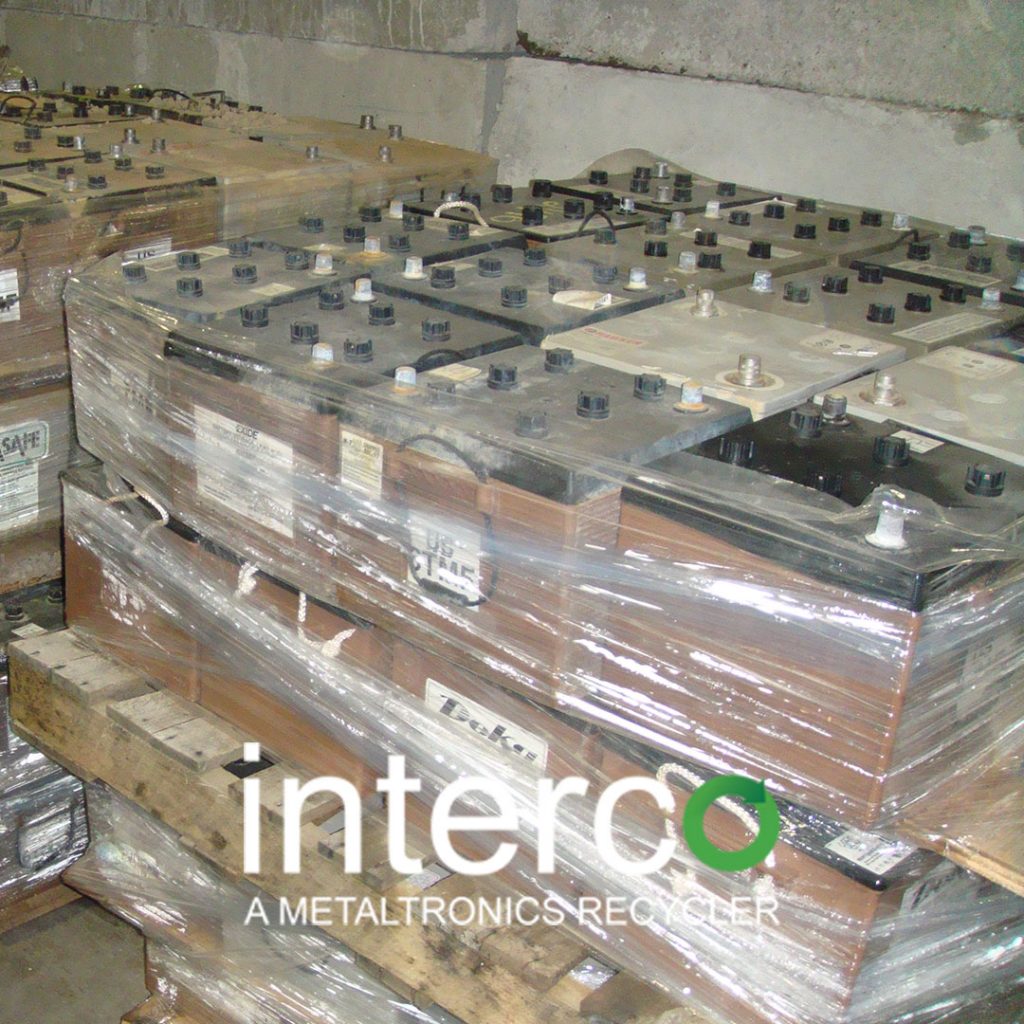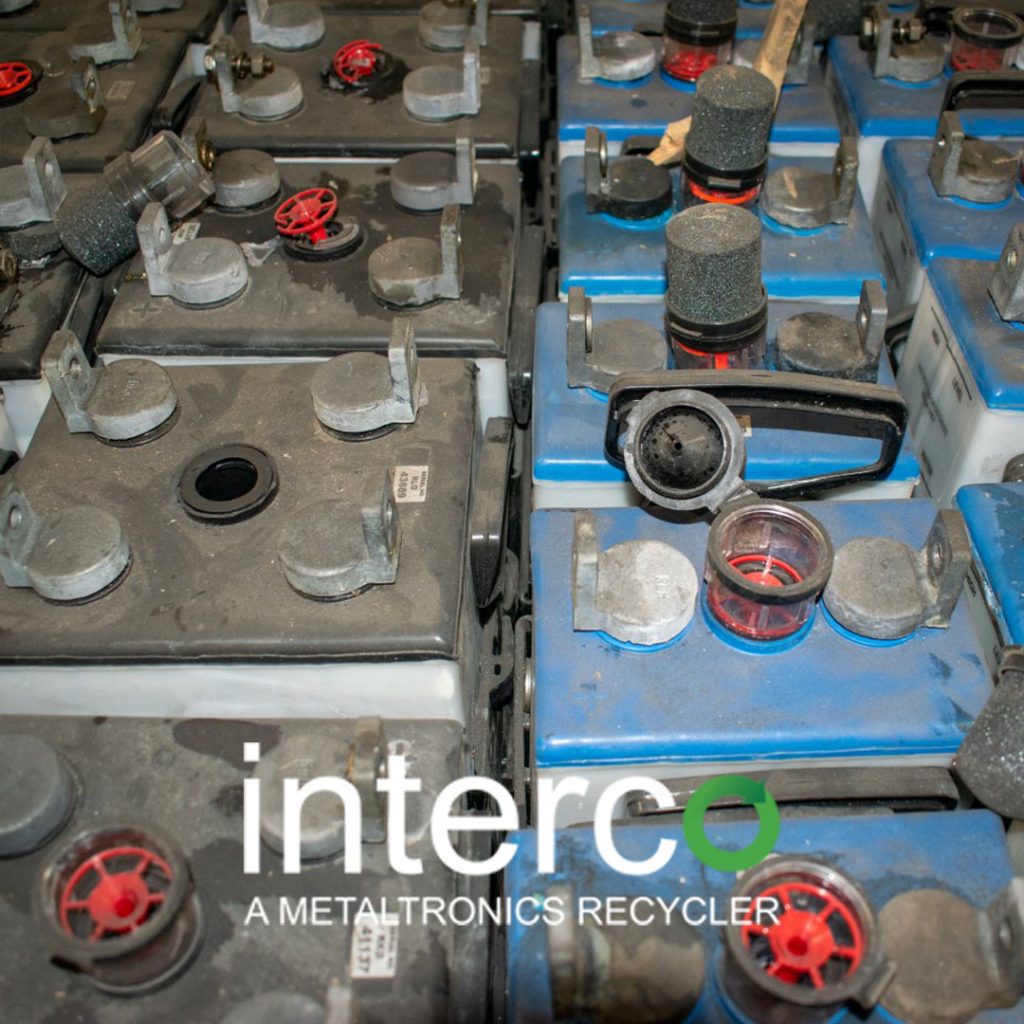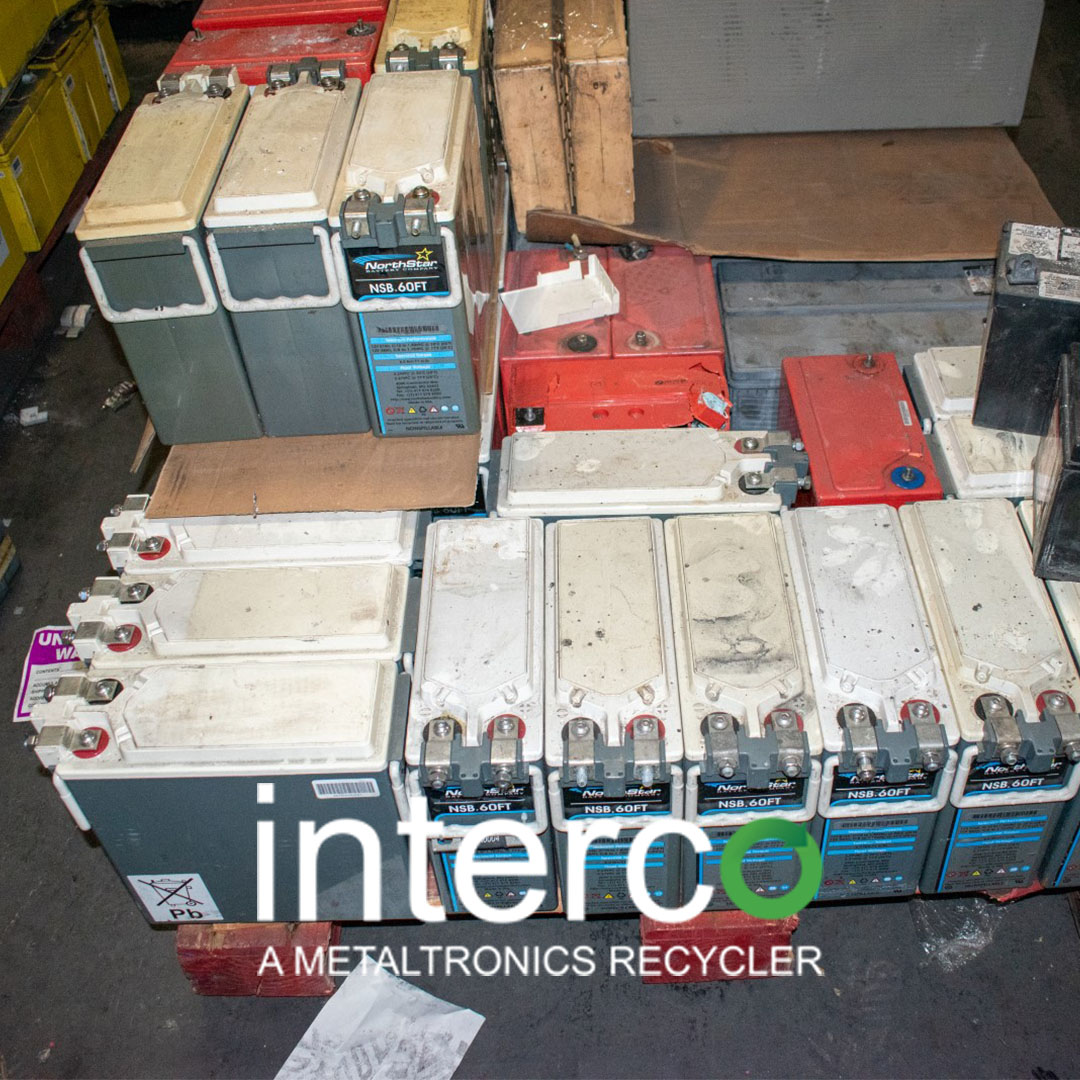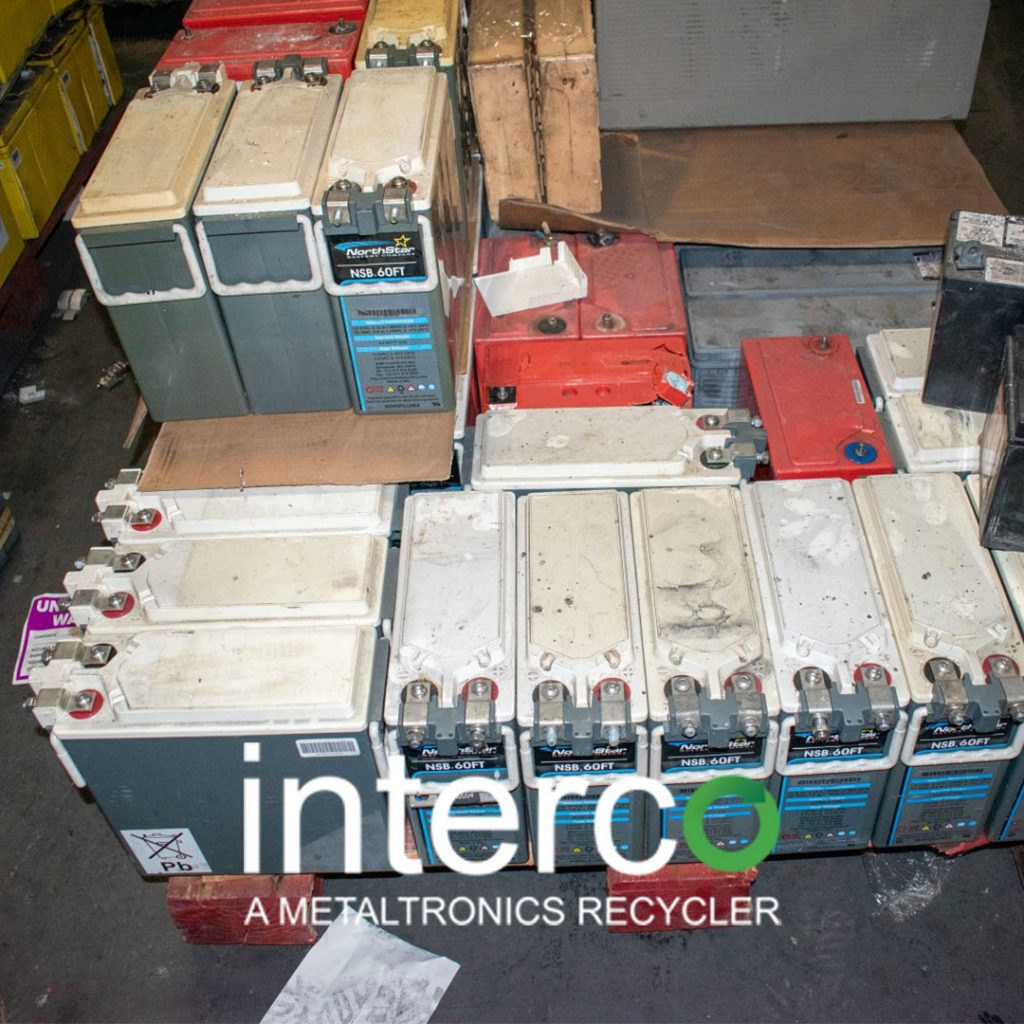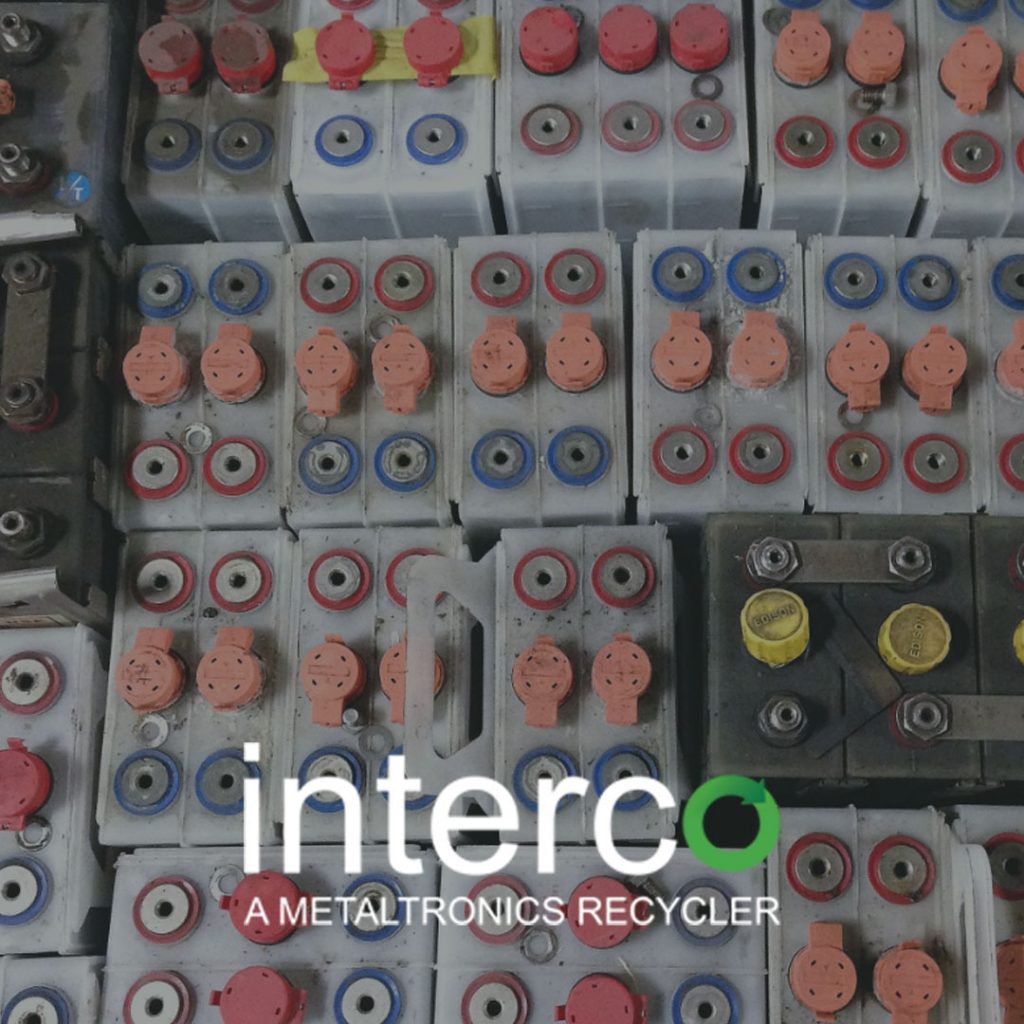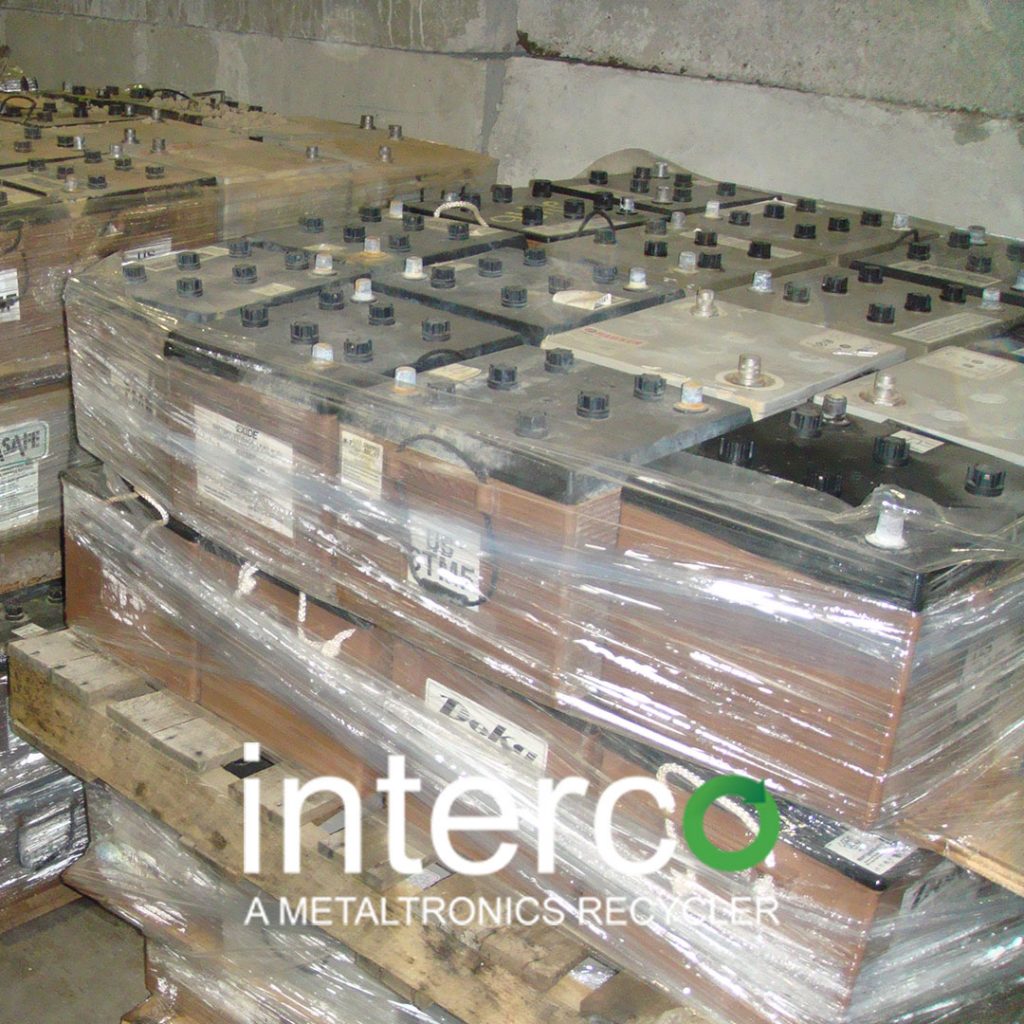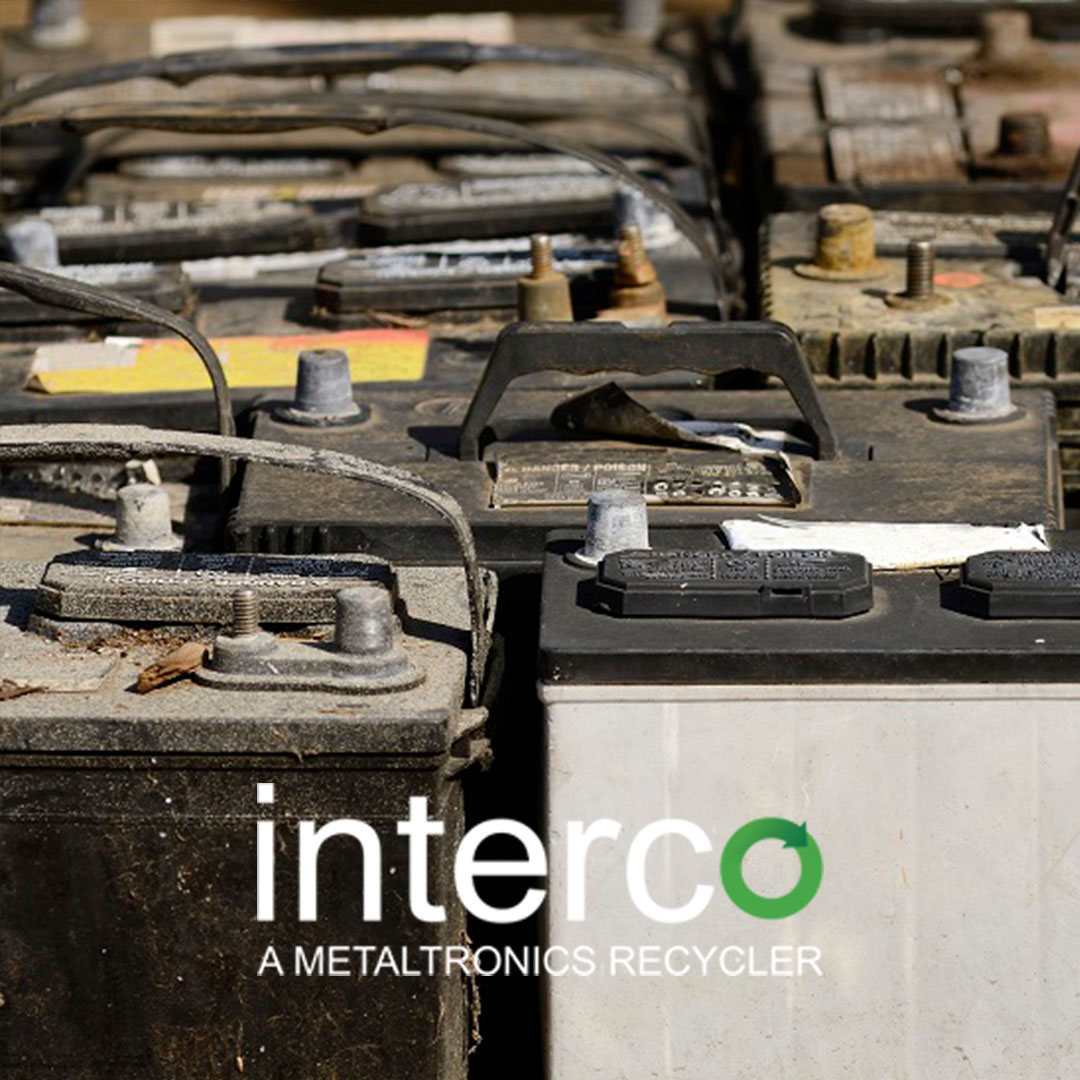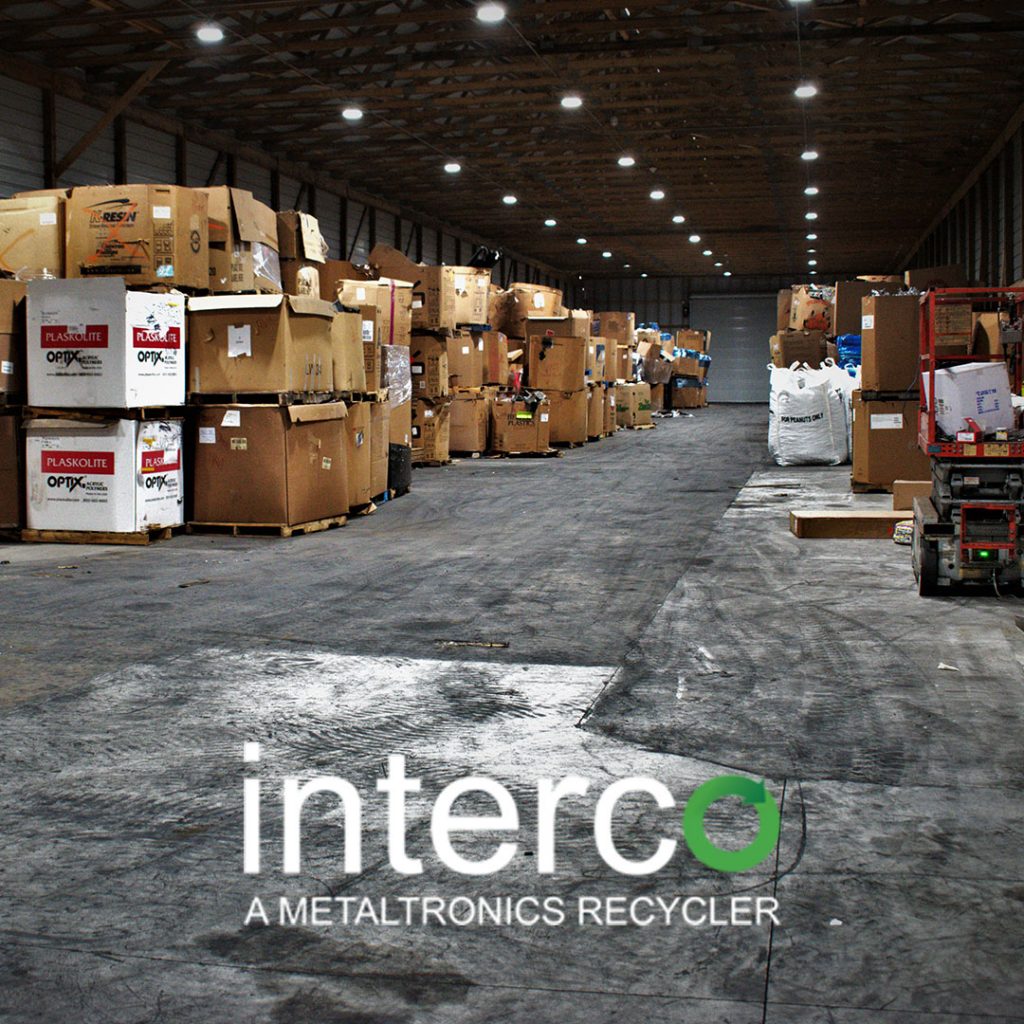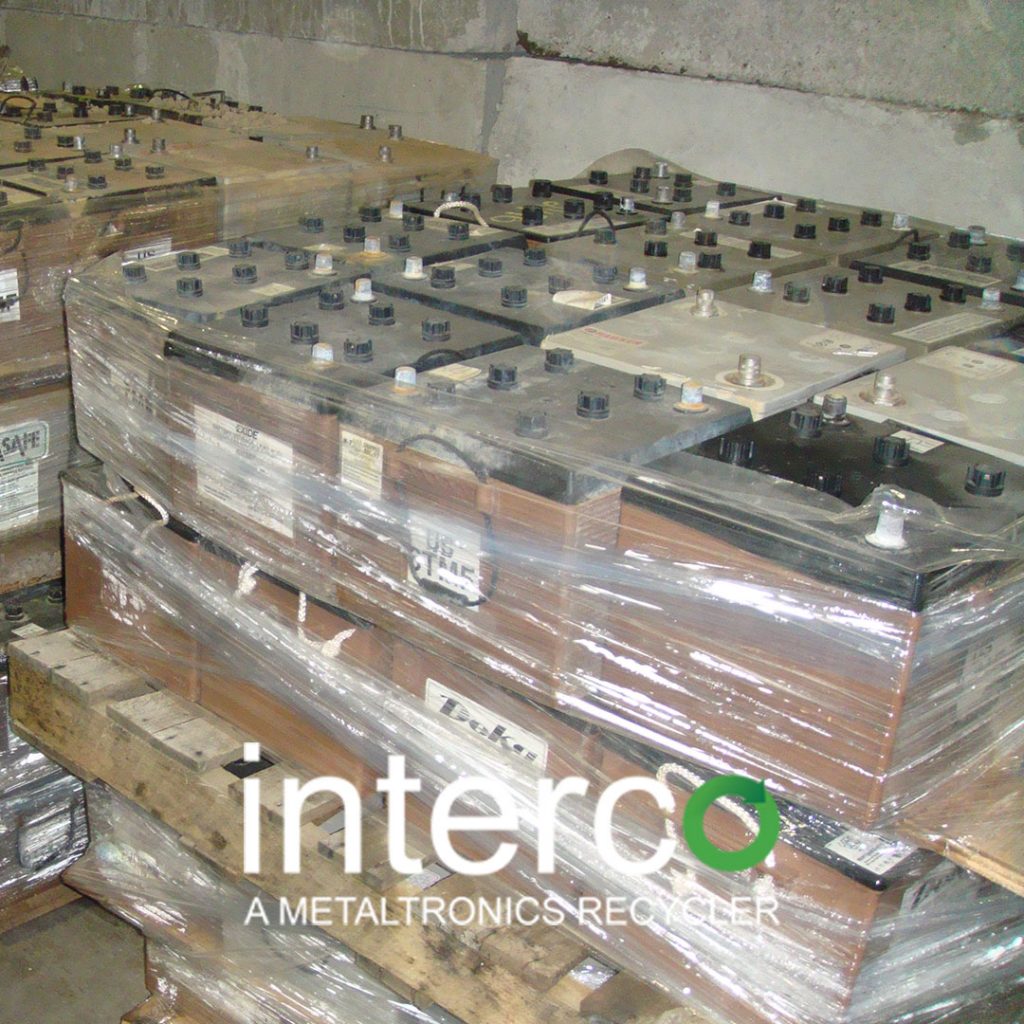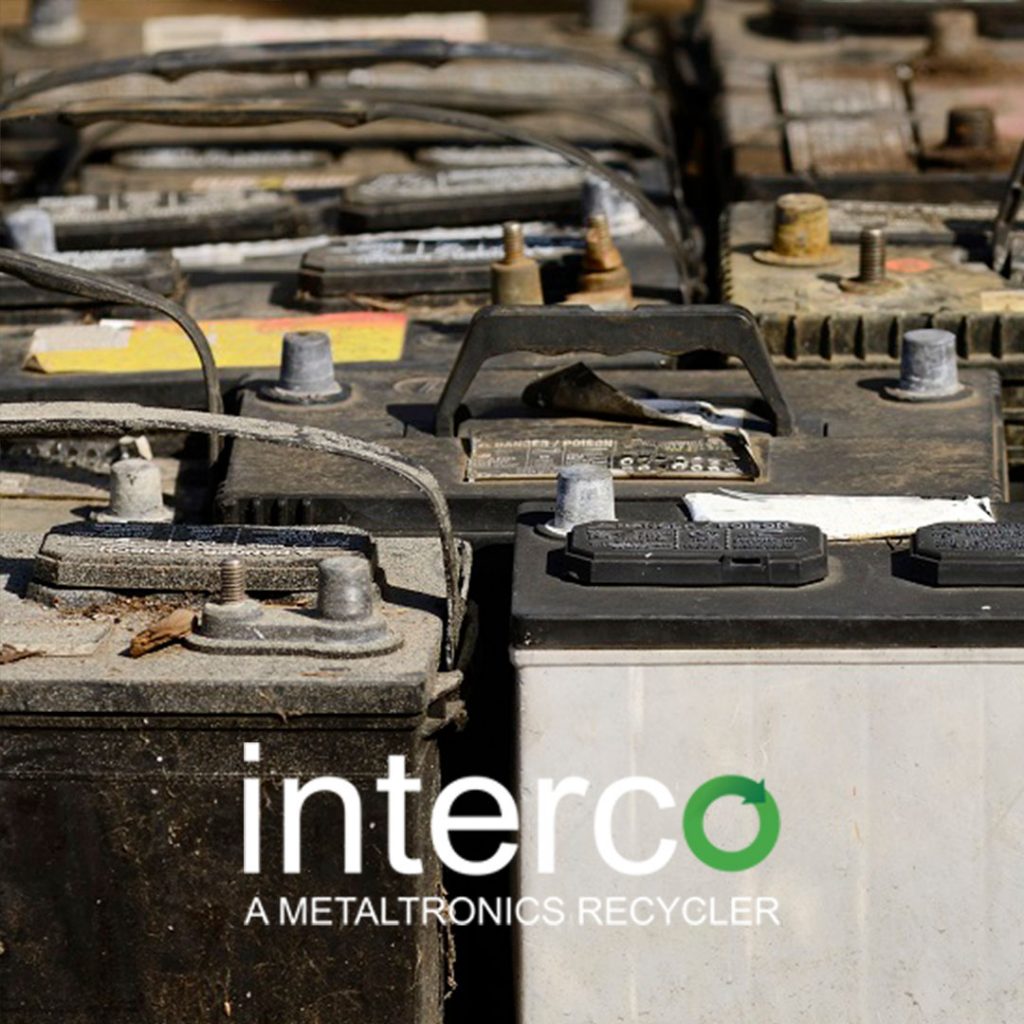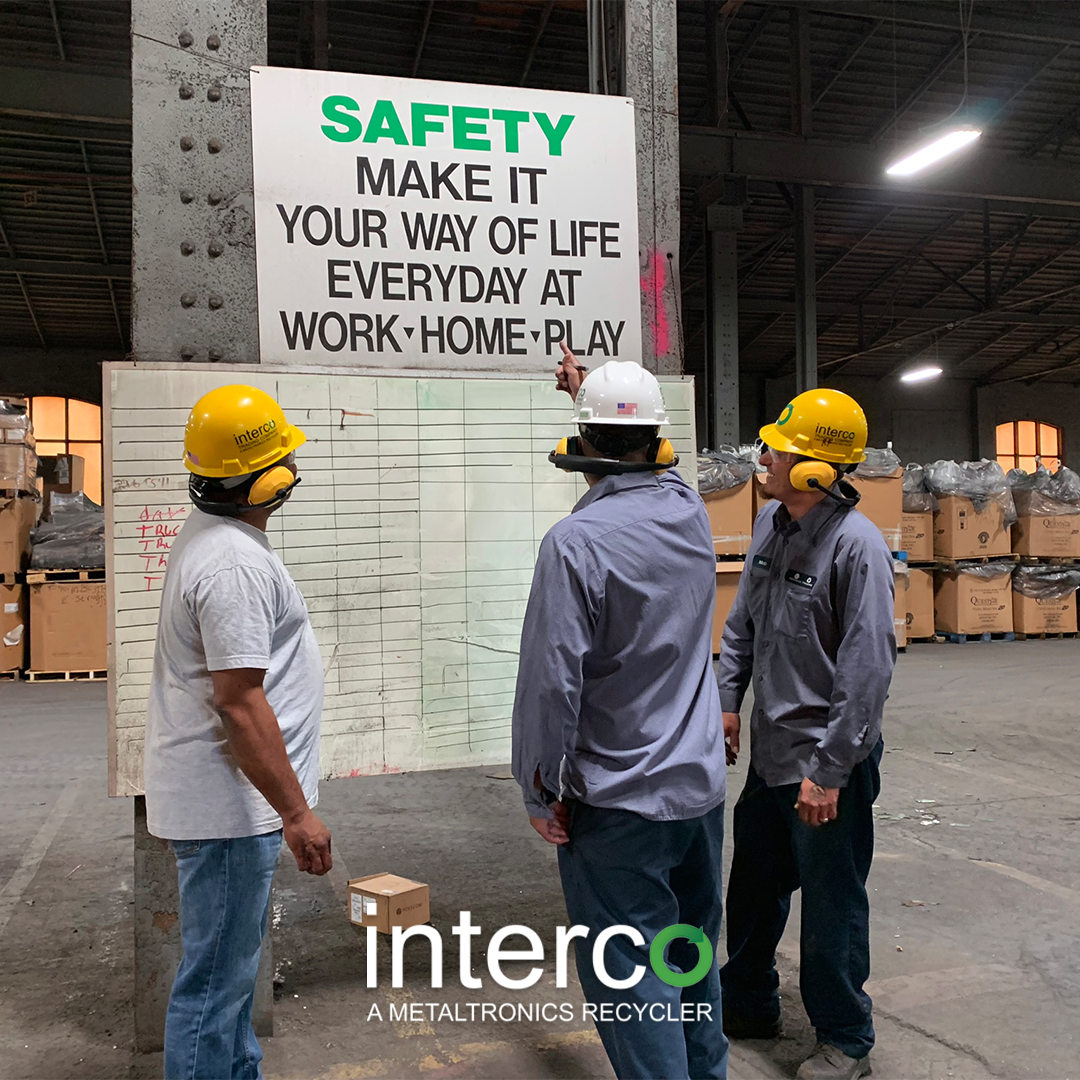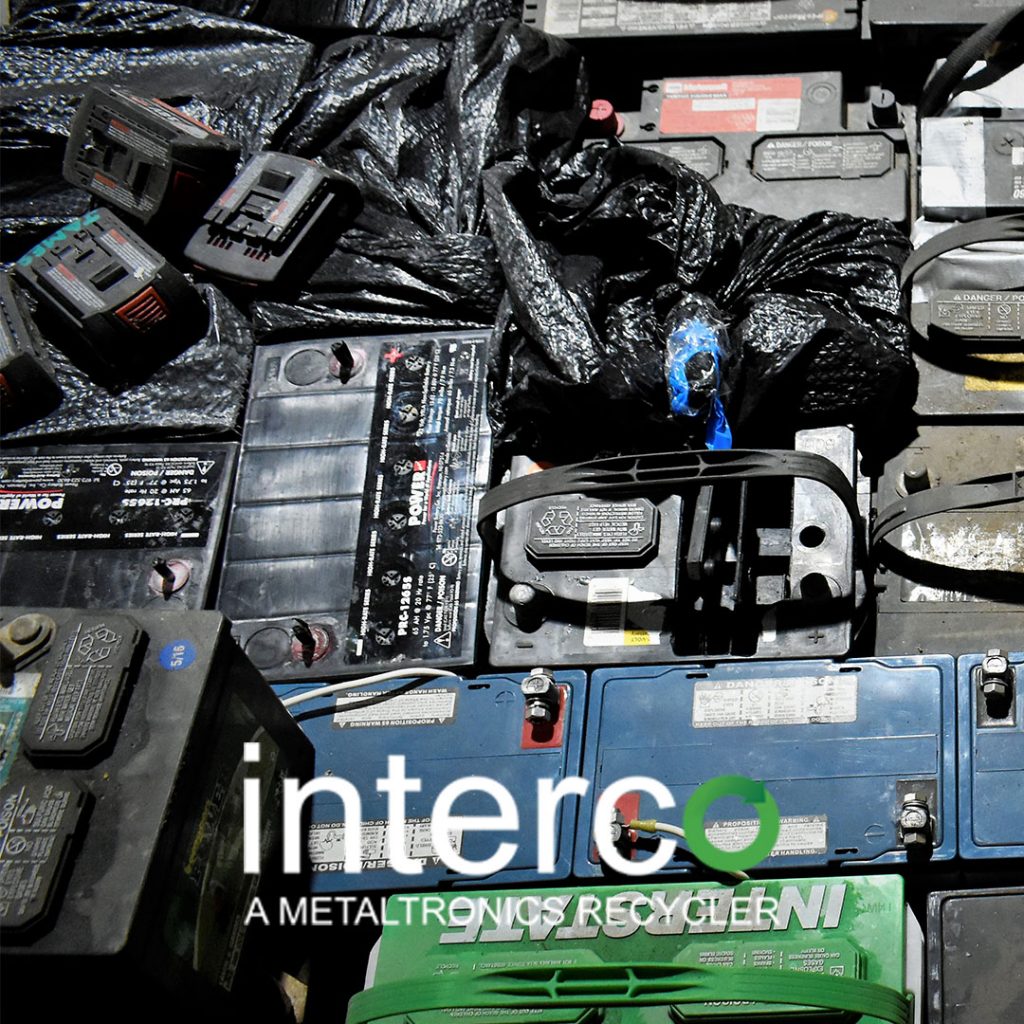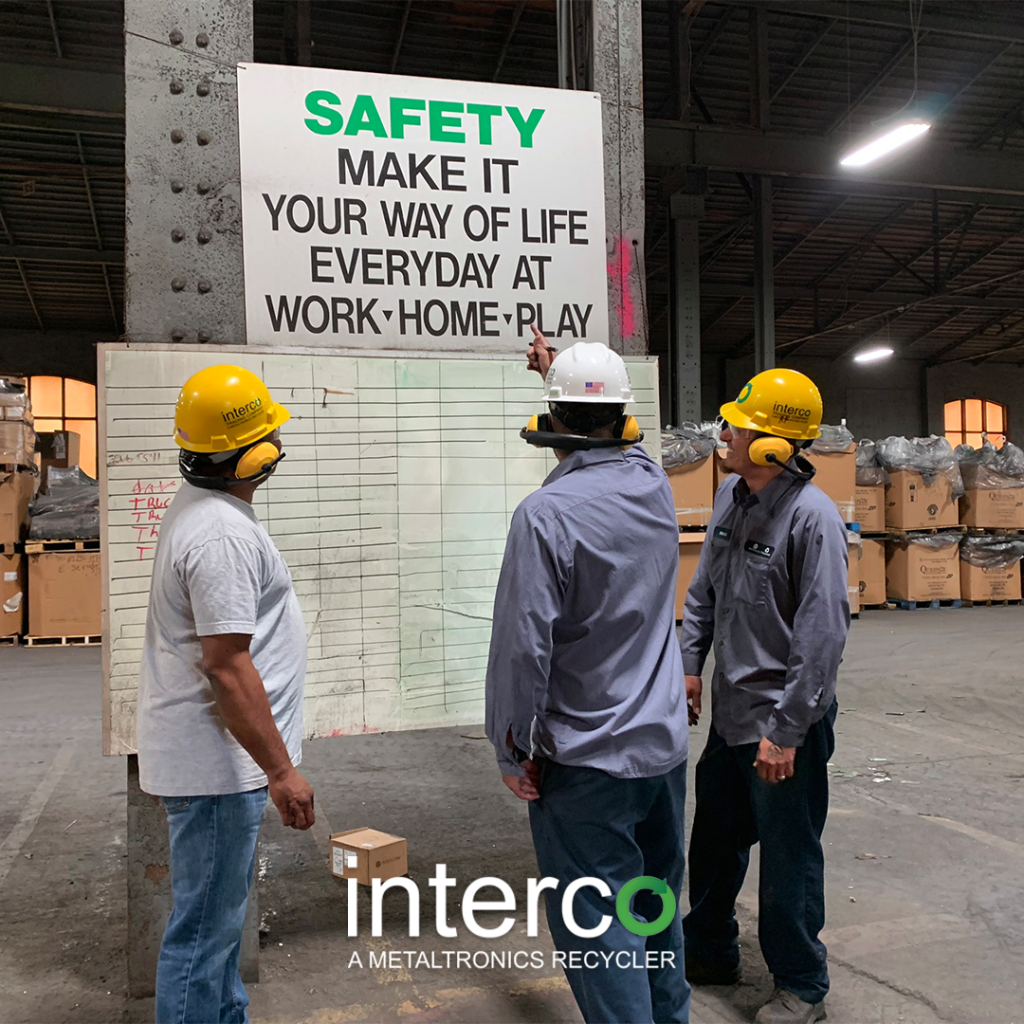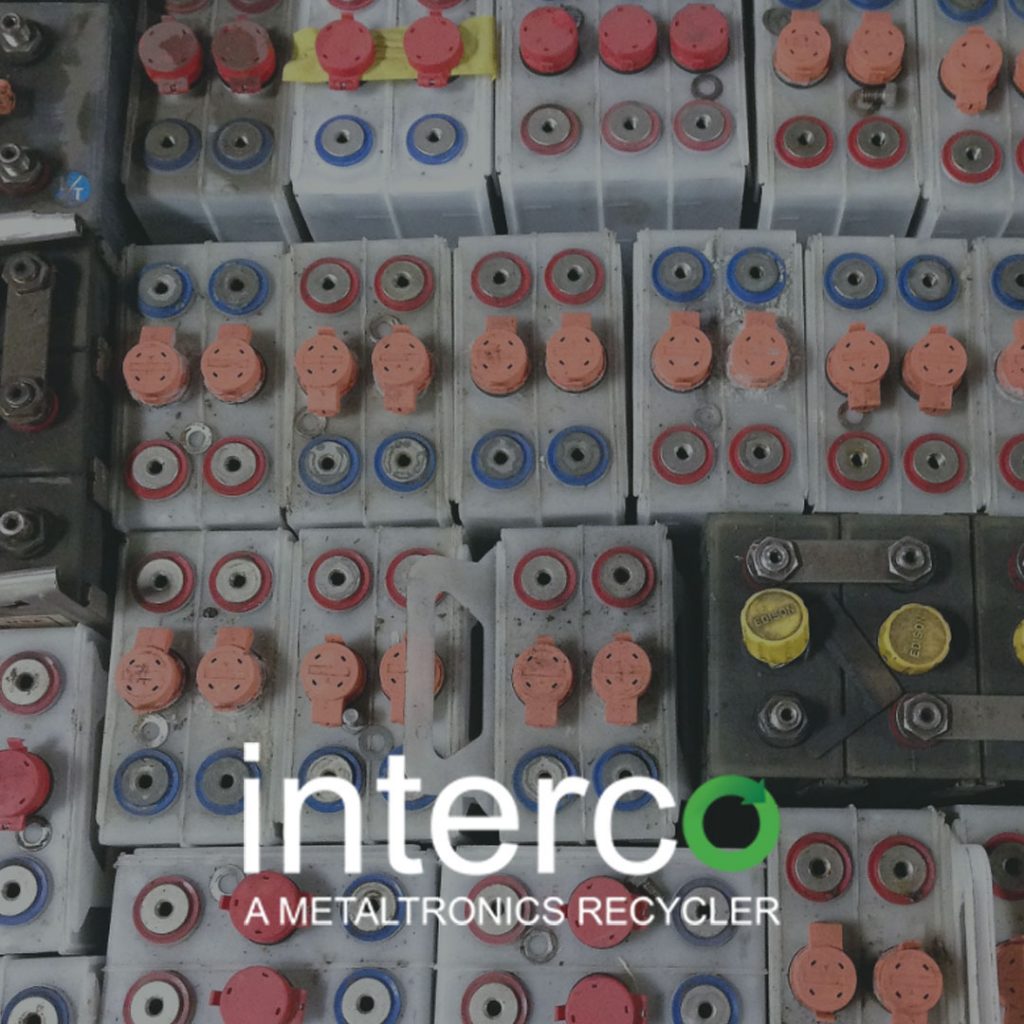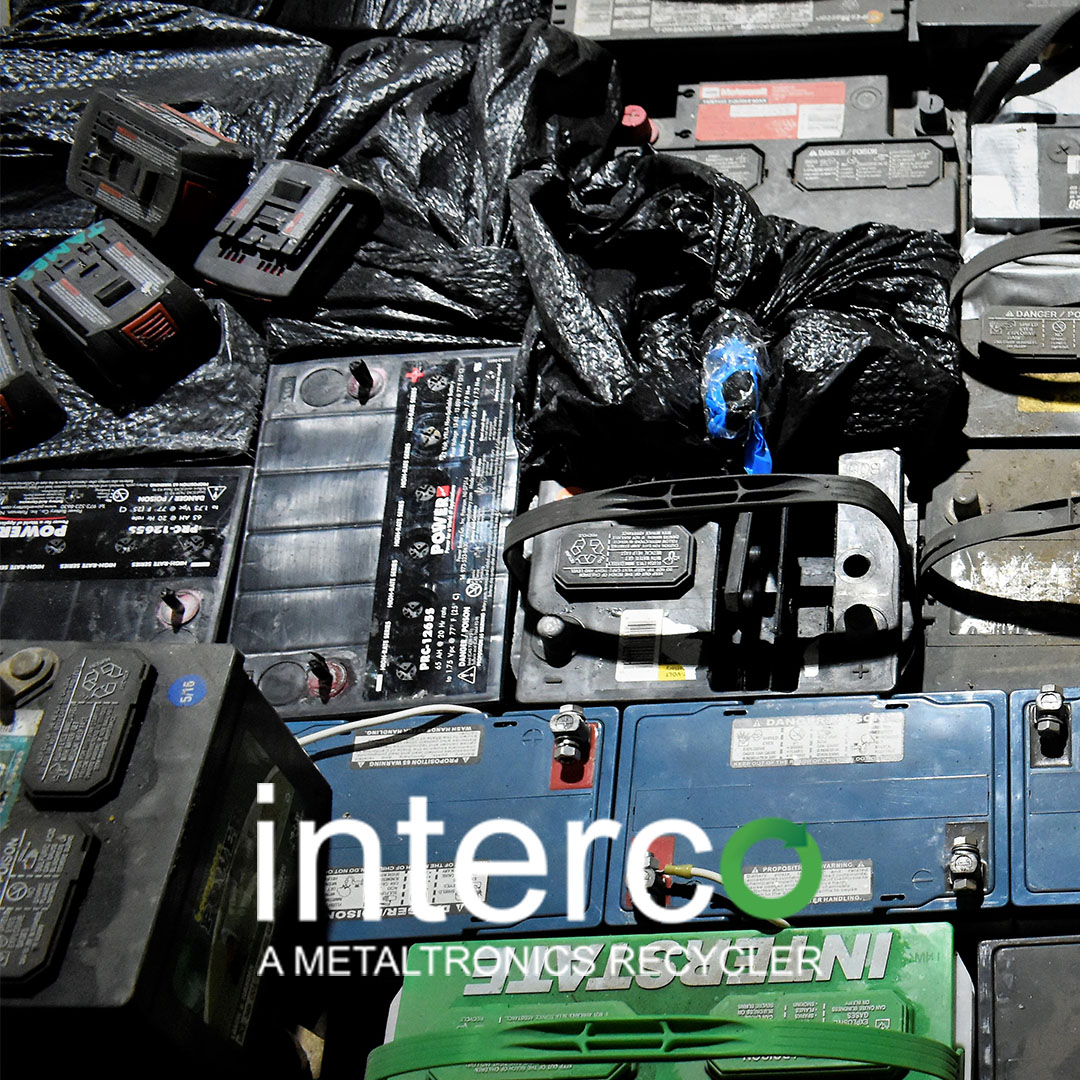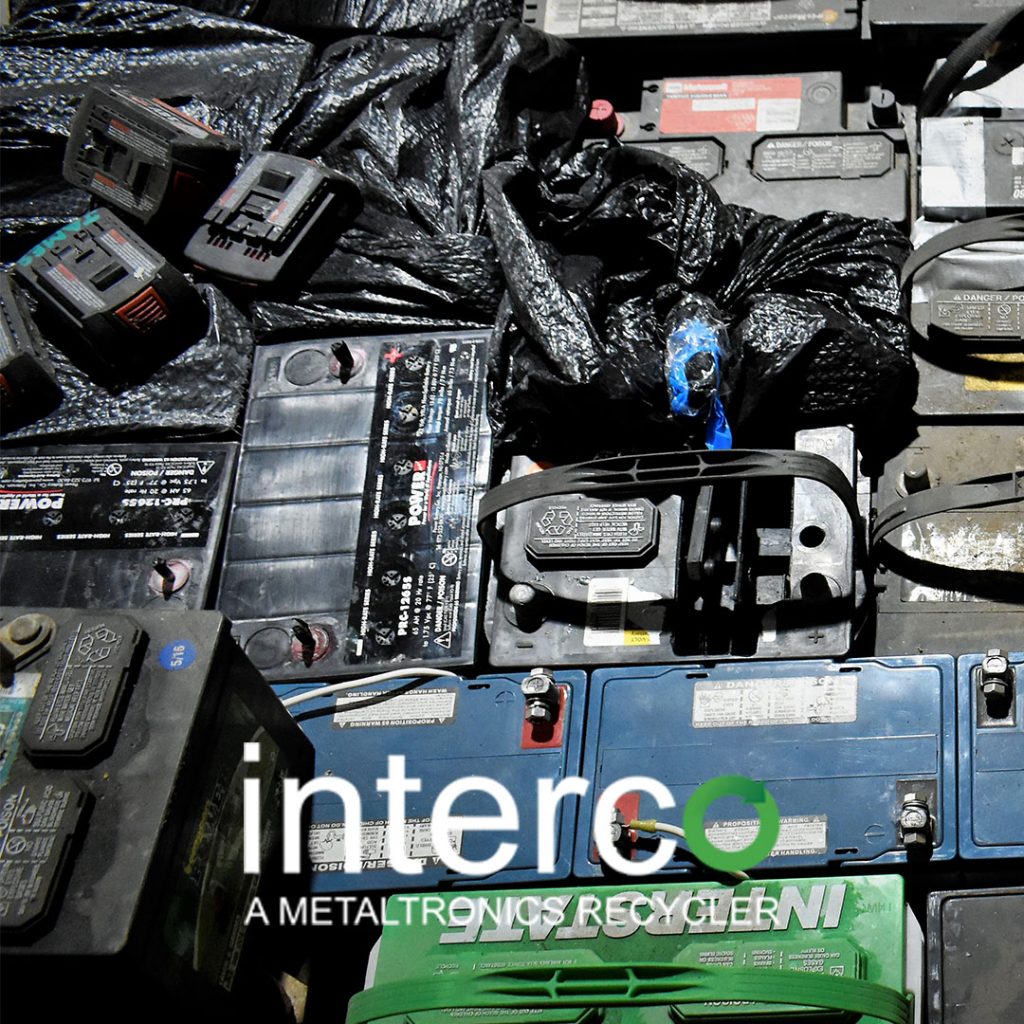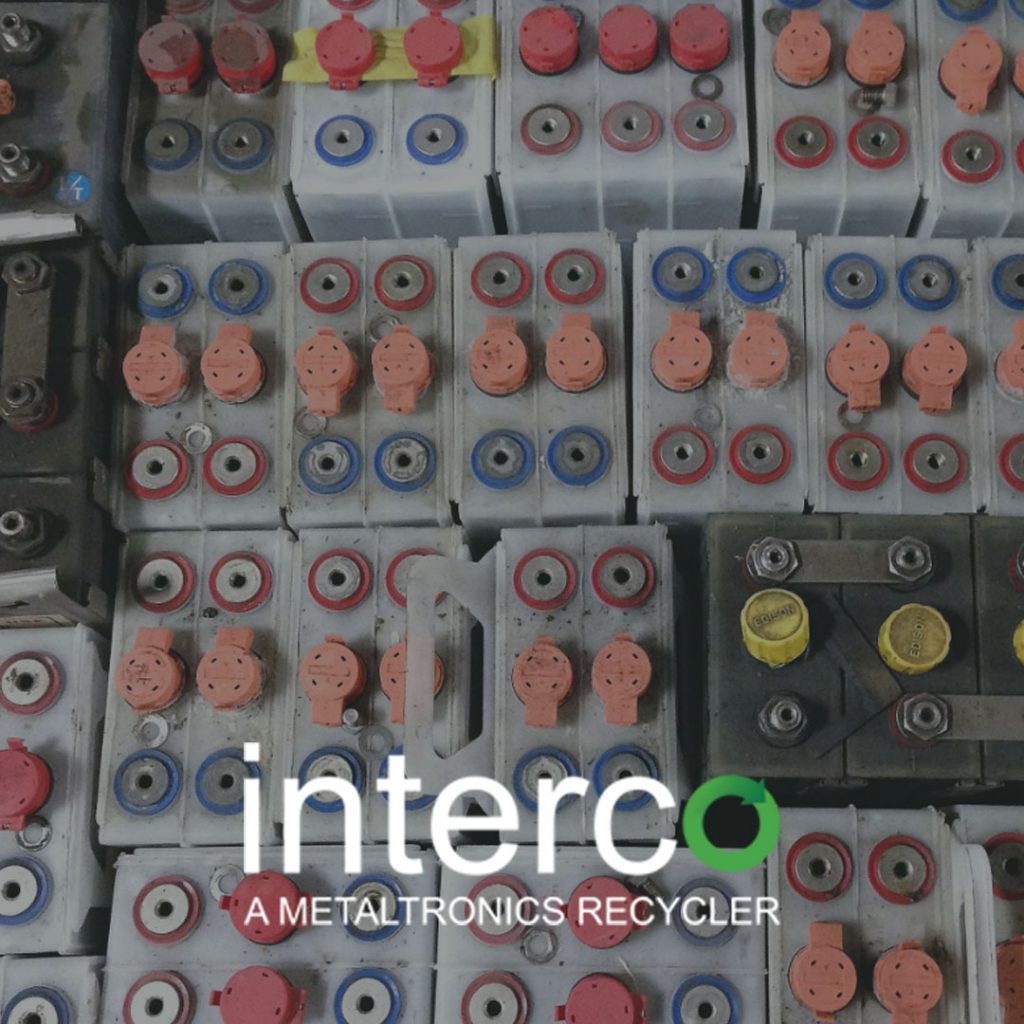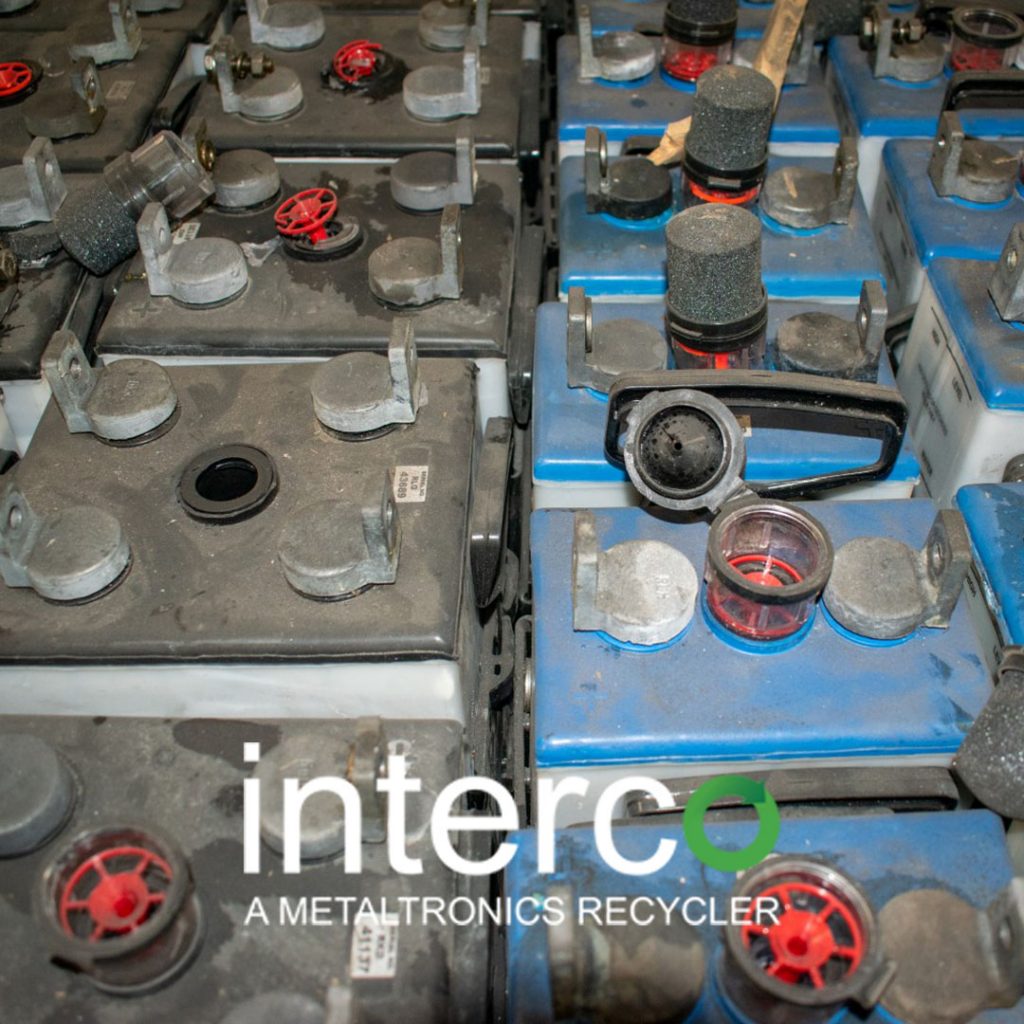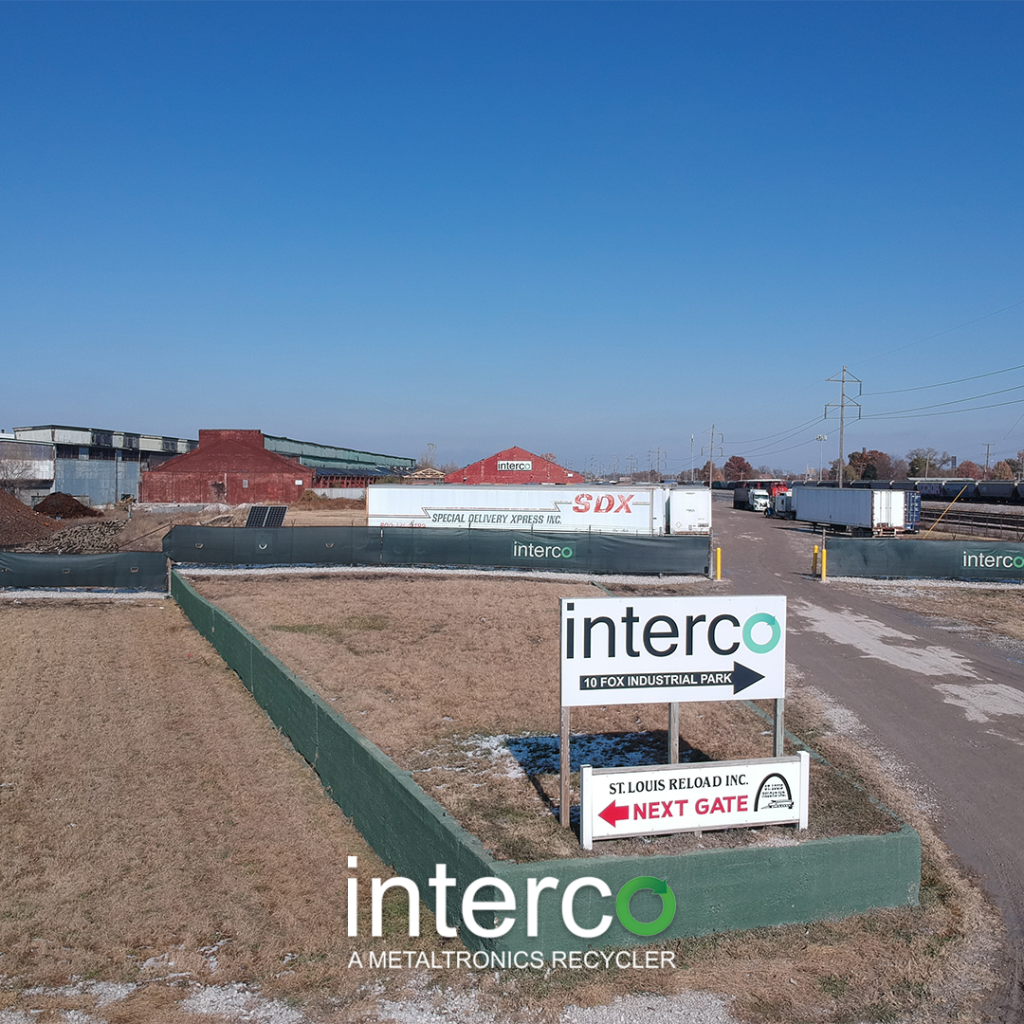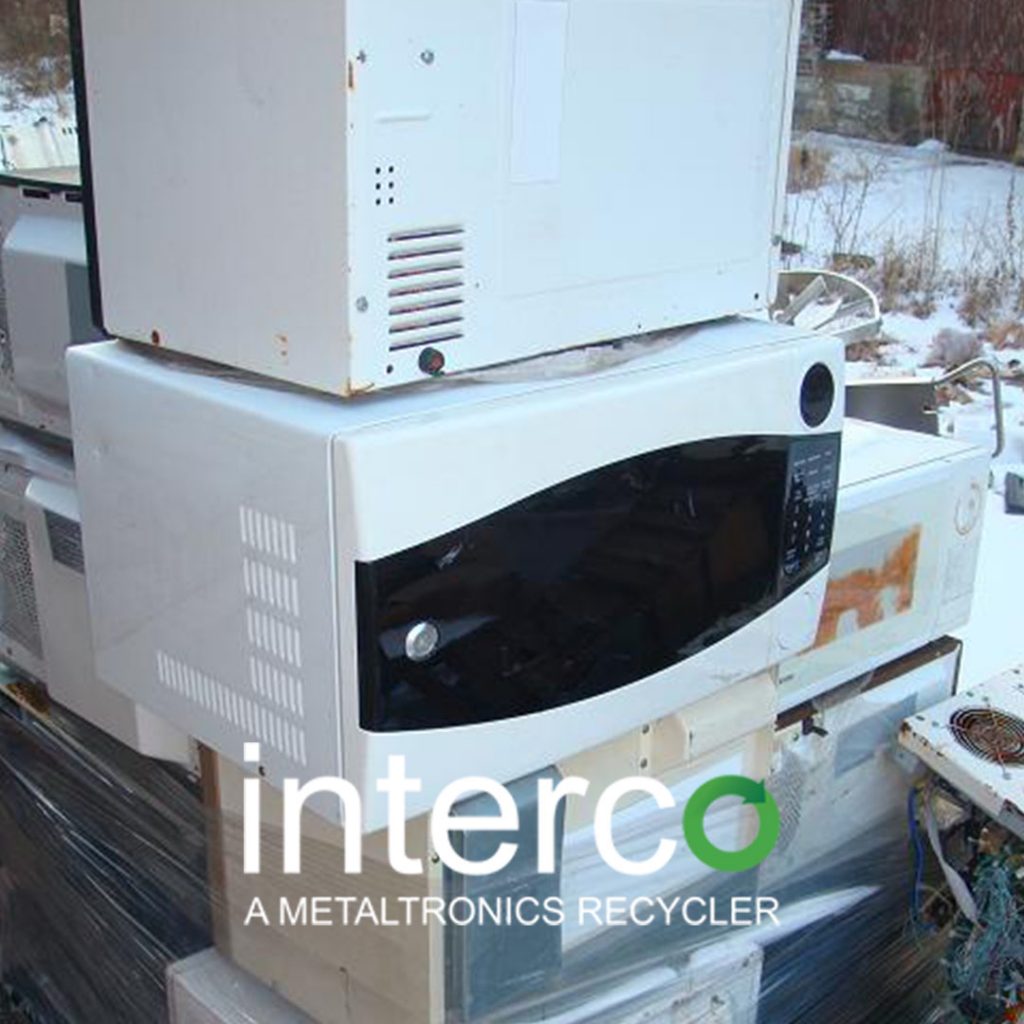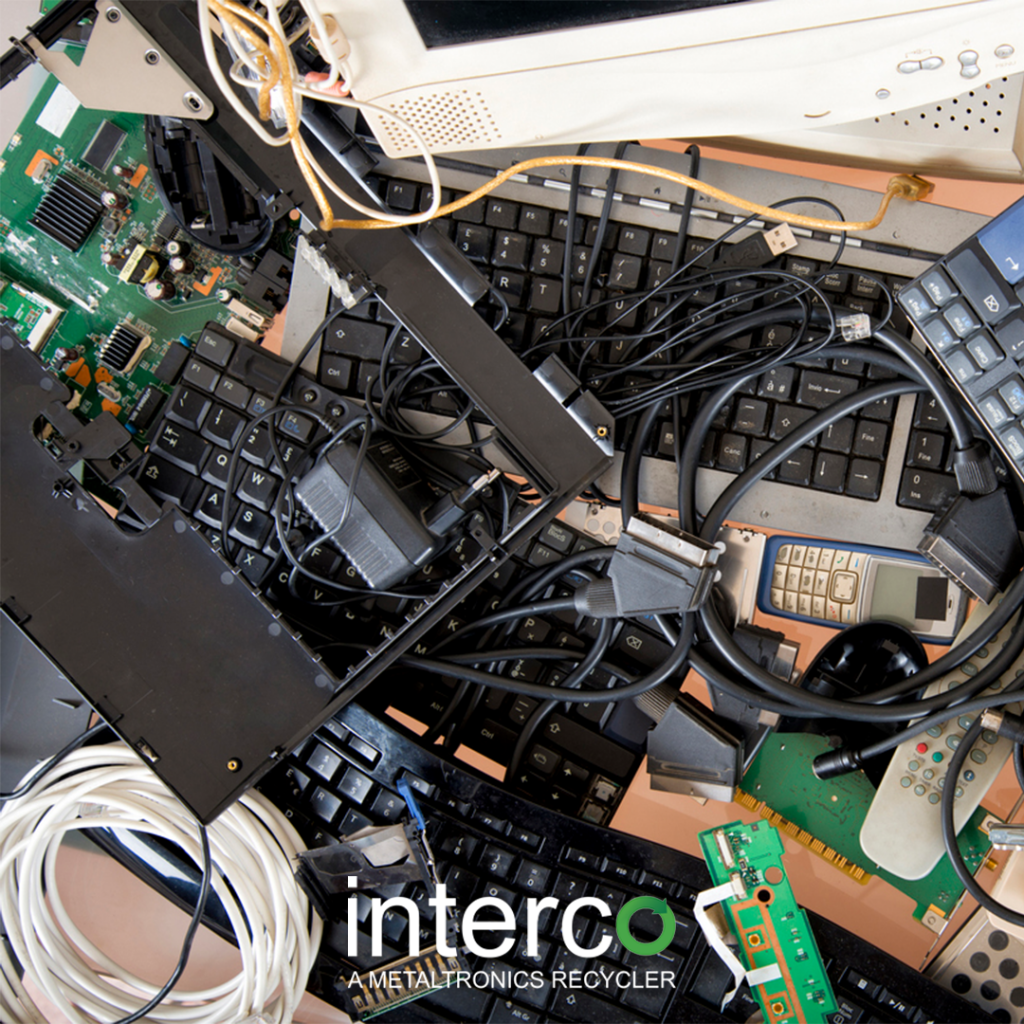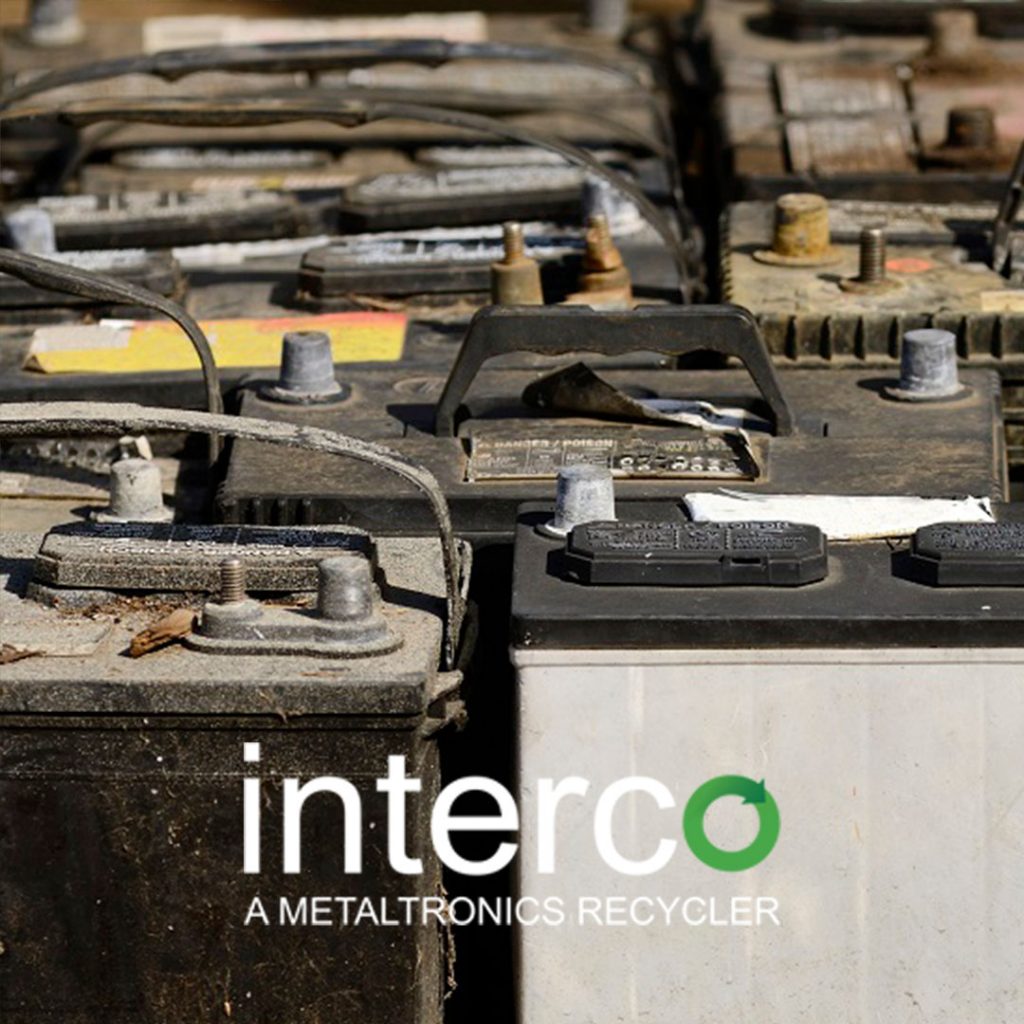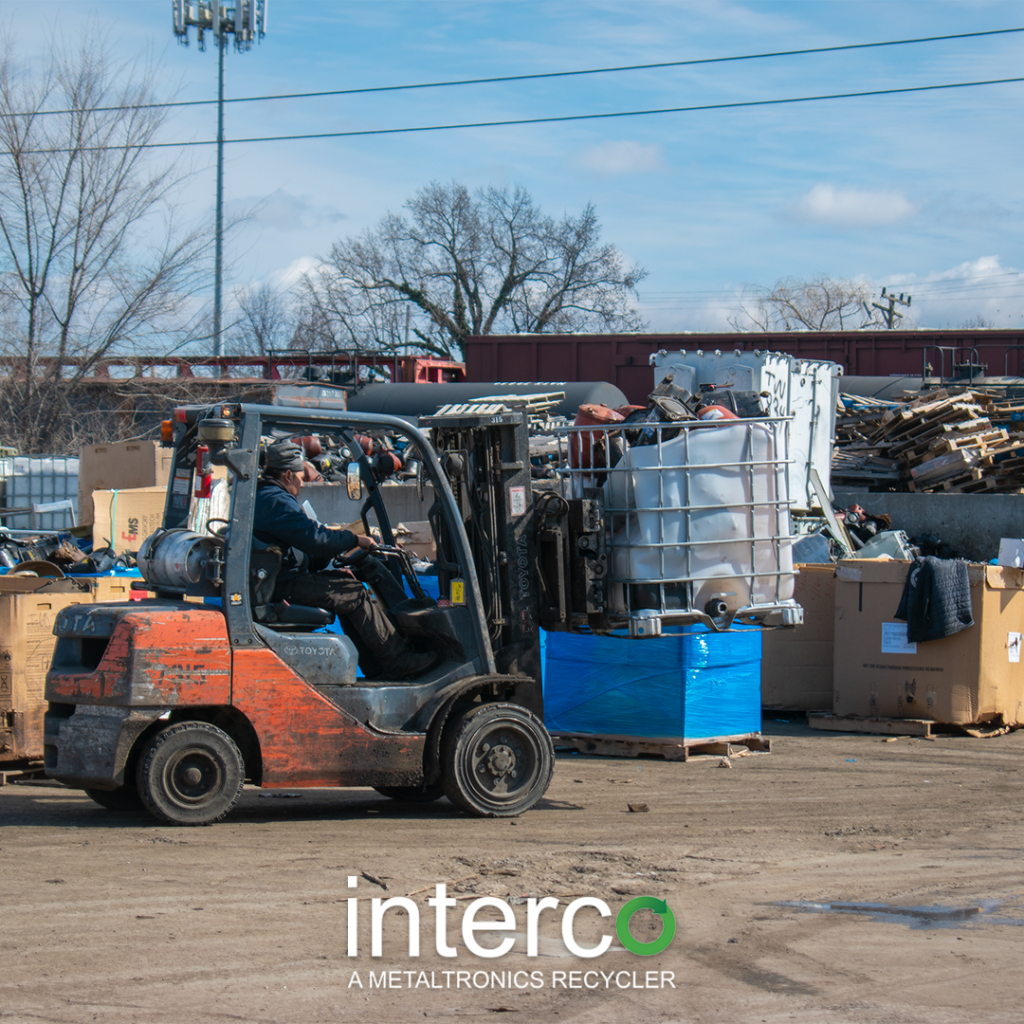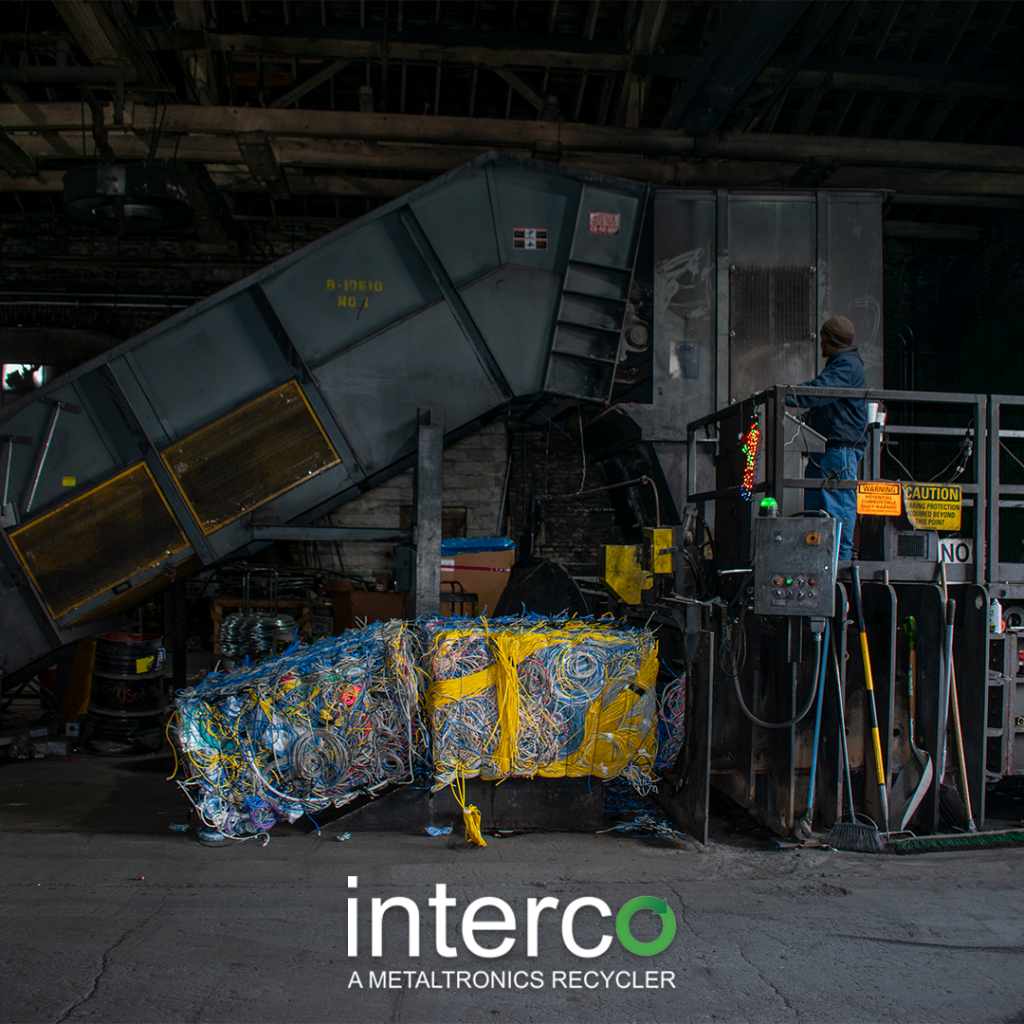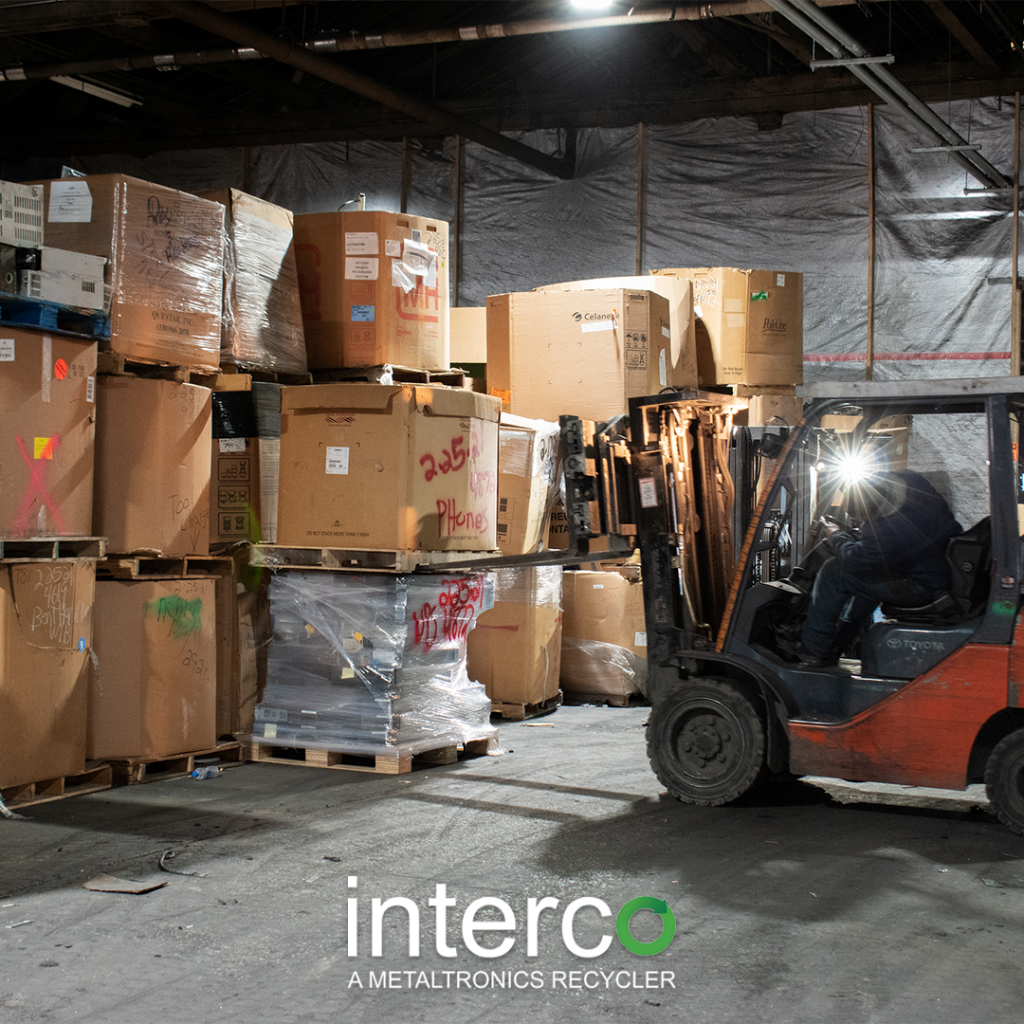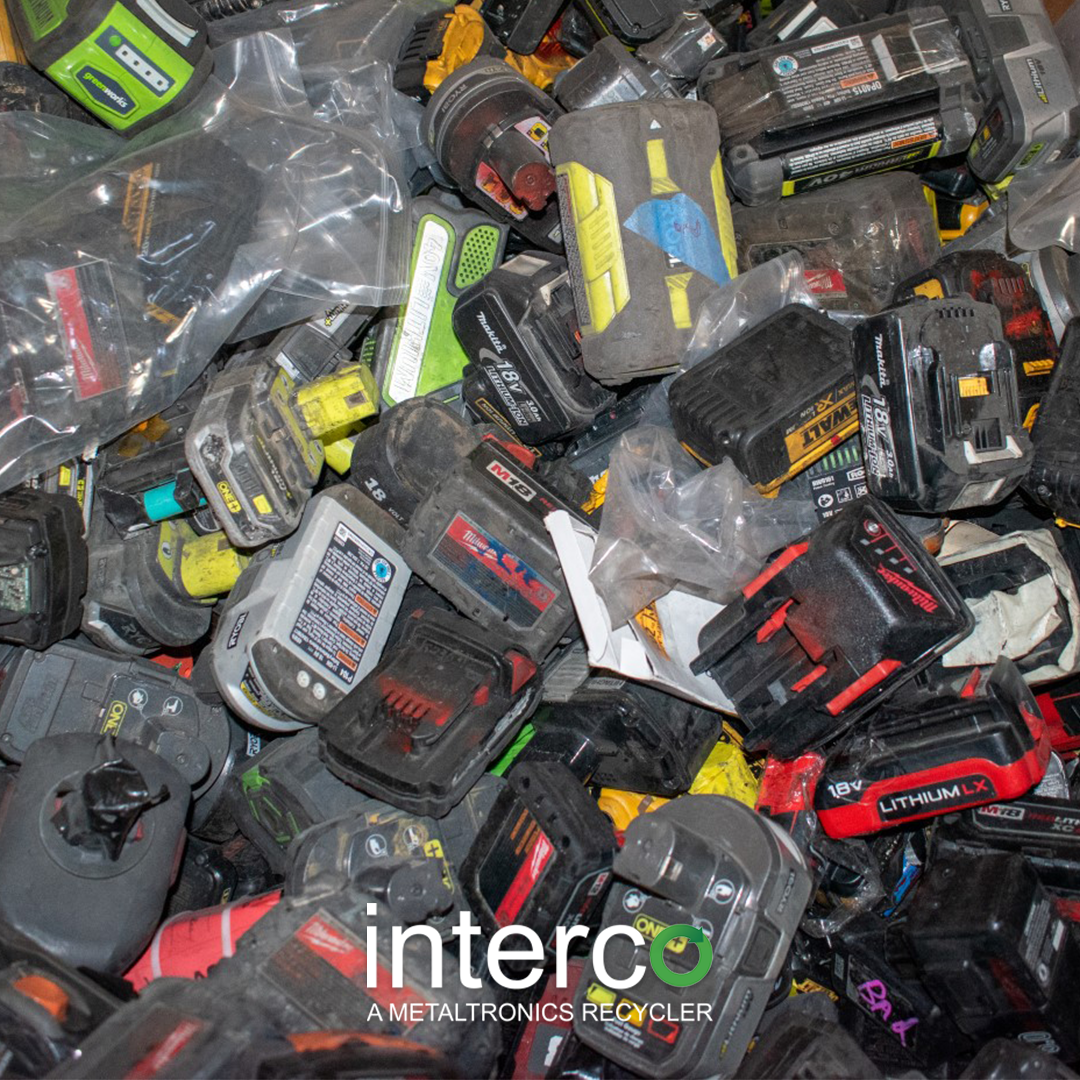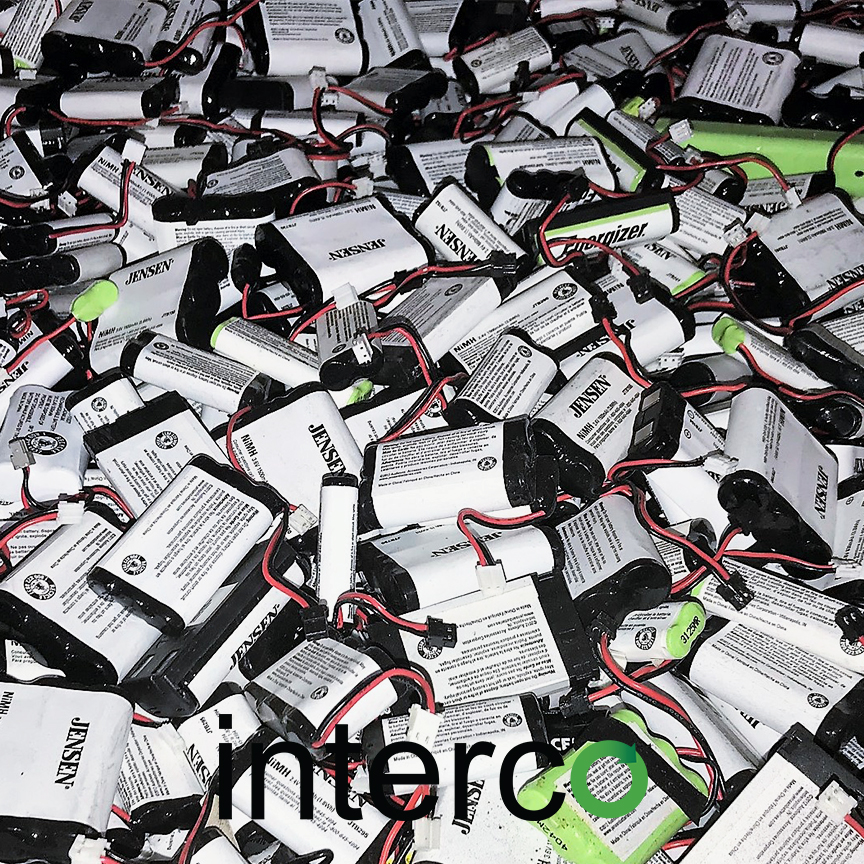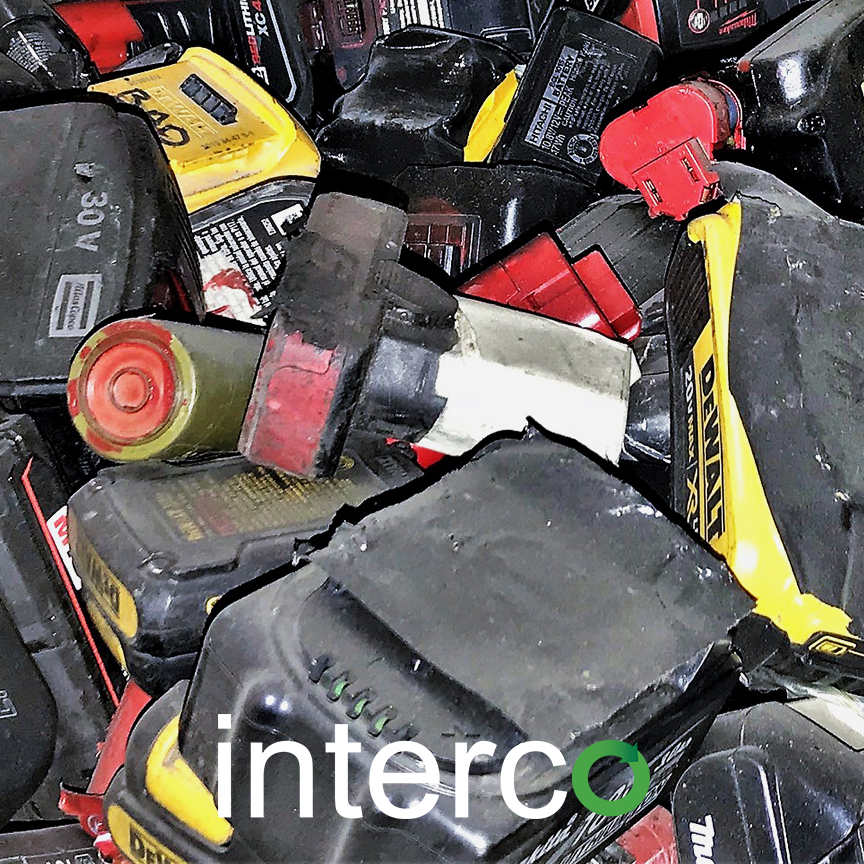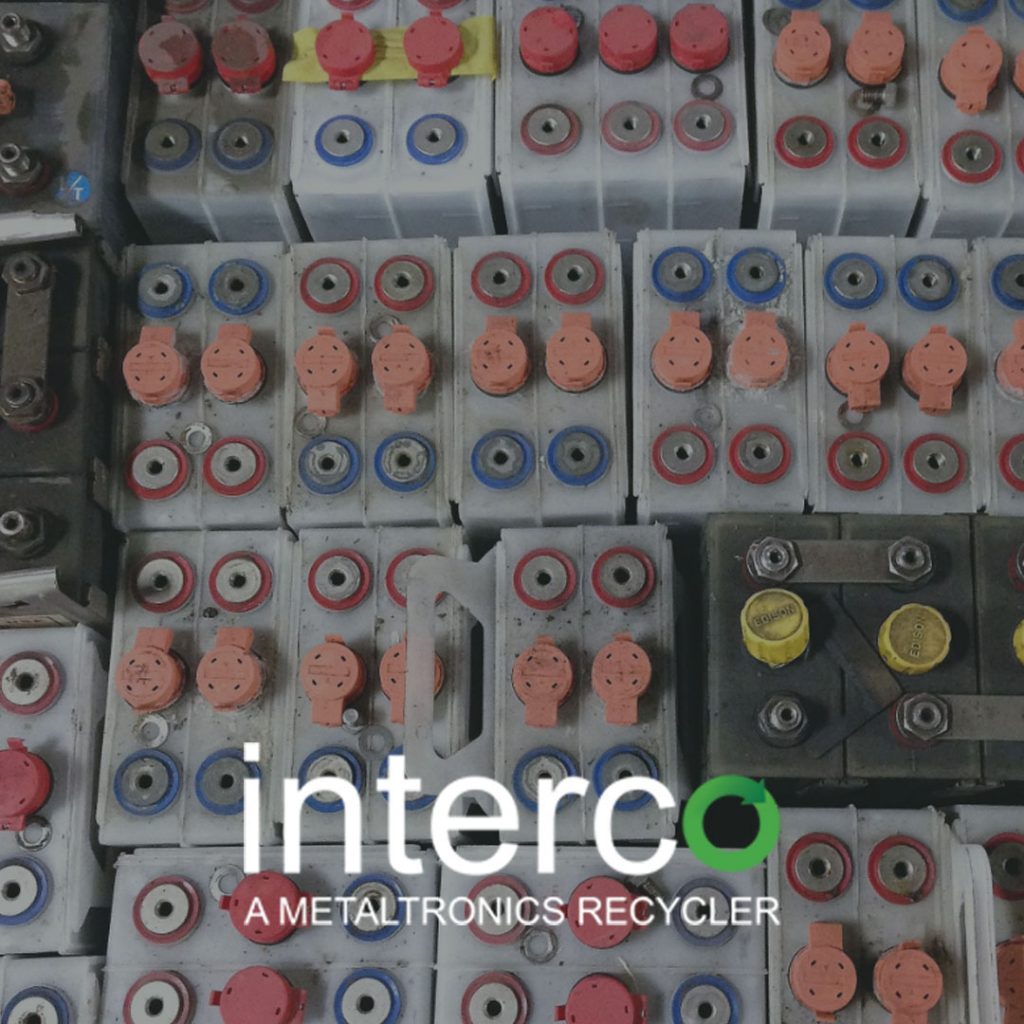
How to Recycle Scrap Lead-Acid Batteries
When most people think of scrap lead-acid batteries, they think of car batteries. But the technology has many other uses. They are used in other vehicles such as boats, buses, and golf carts. The material powers back-up generators at hospitals and other facilities during storms.
Recycling scrap lead-acid batteries are important because of their composition and use. Manufacturers and consumers use lead-acid batteries as backup power supplies or to power things like the following:
- Automobiles
- Electric scooters
- Electric wheelchairs
Lead-acid batteries become obsolete after three to five years of use. The significant rise in the number of vehicles is likely to produce increased quantities of scrap lead-acid batteries in the future.
With the high acid content, it is highly advisable not to try recycling lead-acid batteries outside of a certified, and reputable recycling center. In fact, Interco buys lead-acid batteries for recycling purposes.
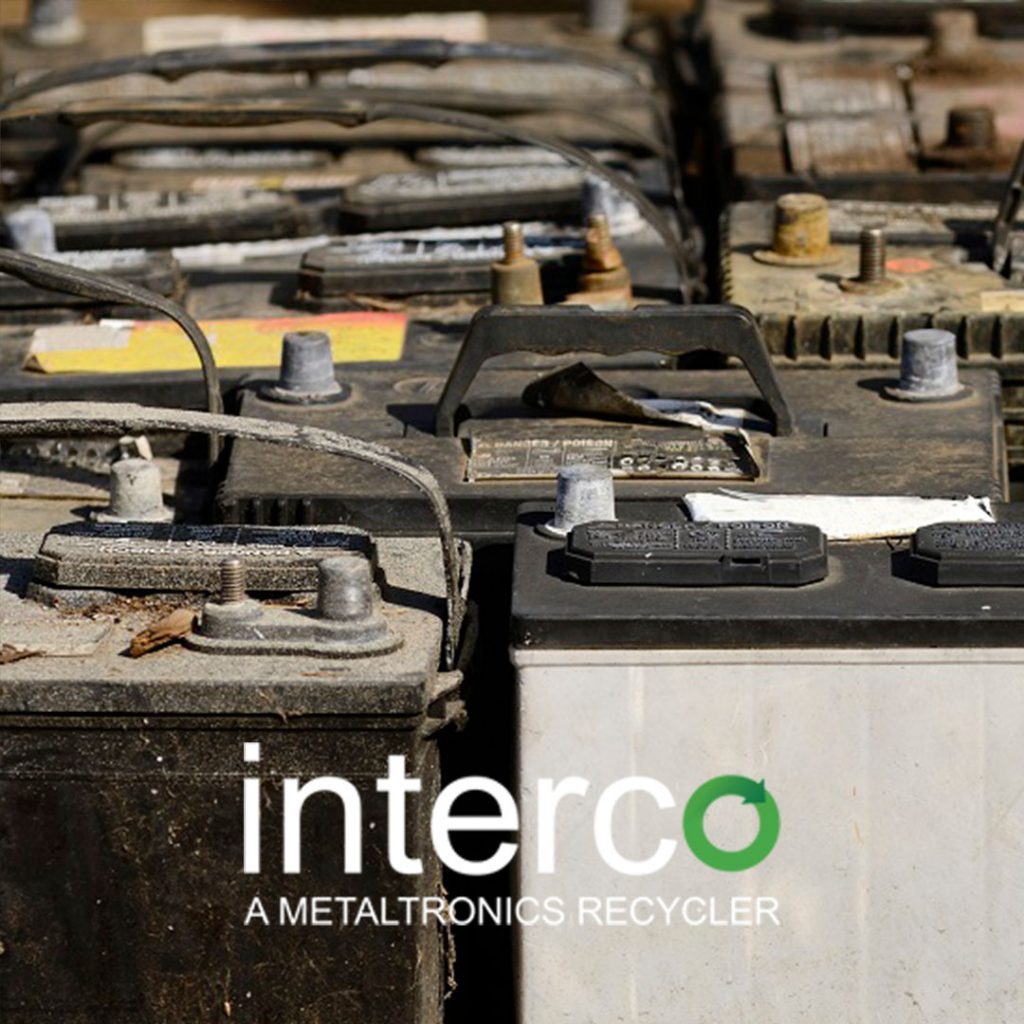
What There is to Know About Scrap Lead–Acid Batteries
Lead-acid batteries depend on hazardous lead. Additionally, they have a relatively lower volumetric energy density, which makes their deployment somewhat impractical for energy management applications, and so they are primarily used for power applications.
Lead-acid batteries have been used for more than 130 years in many different applications.
Many people and companies recycle lead-acid batteries. Car batteries, and any other type of large, lead-acid battery, cannot go in your household trash or recycling.
It is illegal to dispose of the battery in your trash. If not appropriately handled, lead-acid batteries can leak contaminants into soil and water. Instead, it is vital to take your dead battery for recycling to a retail store, distributor, or battery recycling facility.
Scrap lead-acid batteries are the most recycled products in the U.S. In fact, 98% of lead-acid batteries are being recycled already, according to the US Environmental Protection Agency.
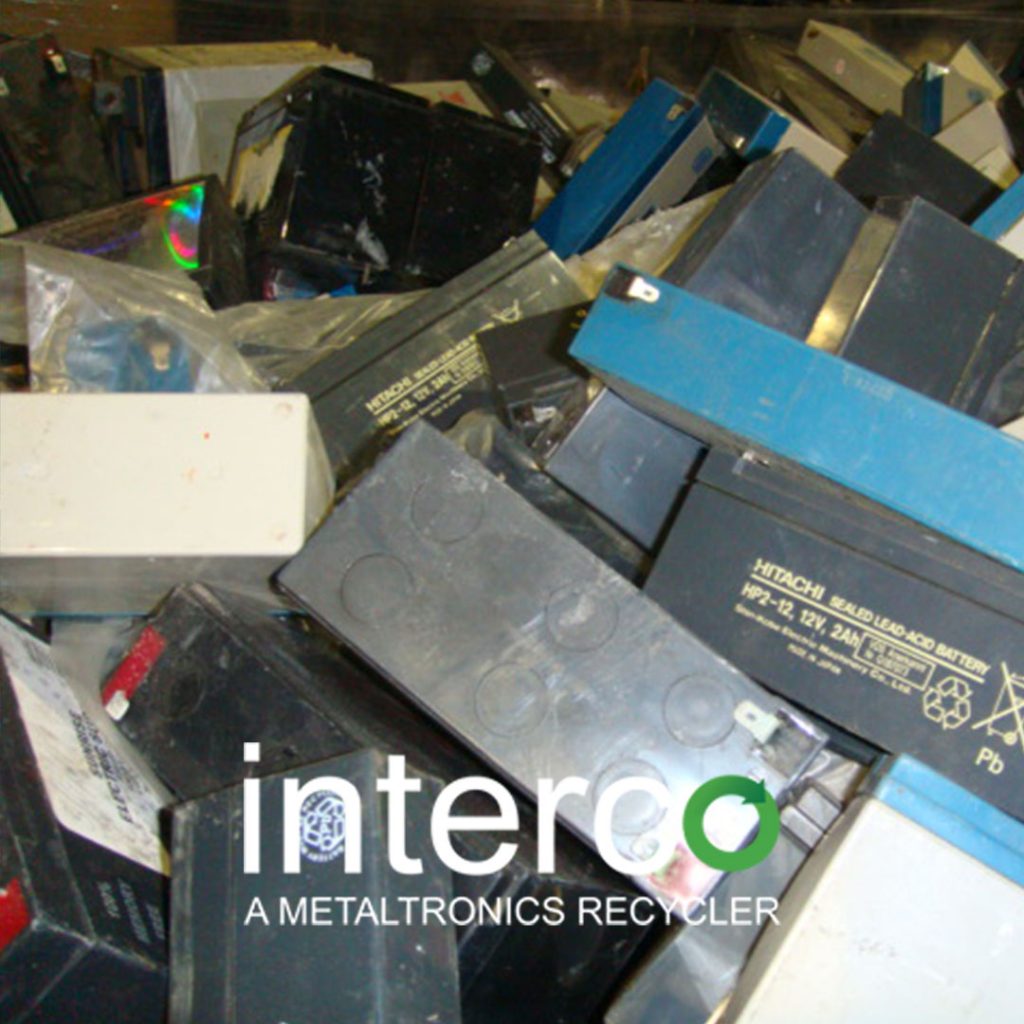
The Scrap Lead–Acid Batteries Recycling Process
The process of recycling used lead-acid auto batteries should be done carefully and with all consciousness, preferably in a controlled environment far from residential areas.
Consumers and businesses recycle lead-acid batteries more than any other batteries. Manufacturers and other industrialists use lead-acid batteries in industrial heavy equipment and forklifts. Lead-acid batteries are very reliable as a backup or auxiliary power as an uninterruptible power supply (UPS) in computers, data centers, telecommunication, and hospitals.
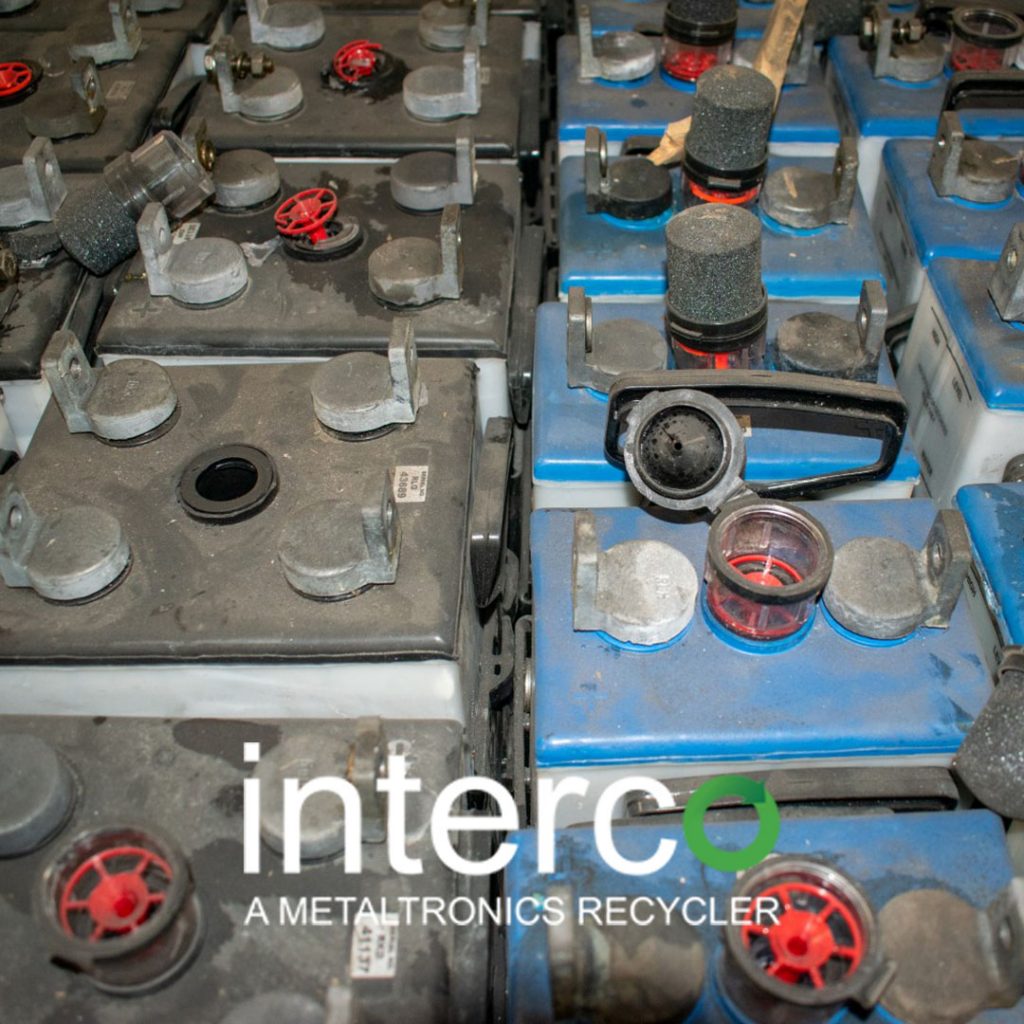
The Recycling Process
Interco recycles lead-acid batteries primarily for their lead content. Here’s how to recycle lead-acid batteries
- First, recycling companies collect expired or used lead-acid auto batteries for battery depositories.
- The recycling company then neutralizes the acids. They introduce a base that subdues the corrosive properties (toxicity) of the acid so it can be safely disposed of.
- A hammer mill shatters the battery or breaks it apart. The process is referred to as hammering.
- Then, place broken pieces in a vat, so that the lead plates and heavy materials sink to the bottom while the plastic floats.
- They transport the polypropylene plastics into a plastic recycler to melt and refine them.
- Then, the process goes to clean the lead plates and heat them in furnaces, so they melt. After this, cast the molten lead into an ingot mold. After a few moments, the impurities float to the top of the cast, and they scrape them away.
- Finally, they re-melt the pure ingot casts and use them in new batteries.
When companies improperly deposit materials and expose them to the environment in a landfill, there are consequences. Oftentimes, chemicals seep into the ground contaminating the water, soil, and other natural resources.
It is important that companies take this responsibility seriously.
The team at Interco accepts, processes, trades, and recycles an array of nonferrous metals. Interco recycles batteries of all shapes, sizes, and chemistry. Thus, the team at Interco continues to lead the way in terms of innovative industrial recycling solutions.
Recycle Scrap Lead-Acid Batteries with Interco
Overall, lead-acid battery recycling is vital. Furthermore, it enables recyclers to recover valuable metals and reduces the harmful effects on the environment that improper disposal causes. Additionally, Interco begins the recycling process by working with machines that shred the whole batteries and sort the plastic and lead. Therefore, the process reintroduces the lead as an industrial material for commercial production. Click here to learn more about how to recycle scrap lead-acid batteries.
